-
Kremlin still refusing to say whether Putin will attend Ukraine-Russia peace talks in Istanbul
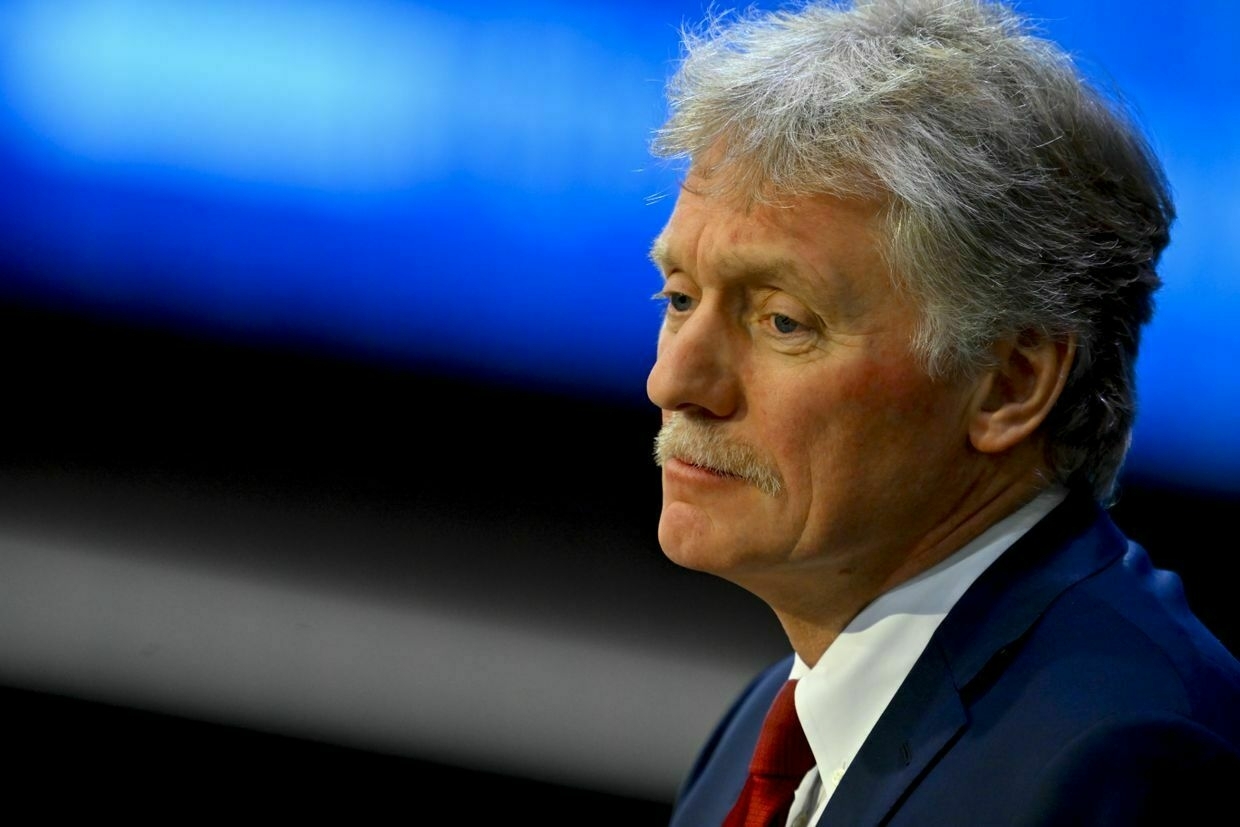
Editor’s note: This is a developing story and is being updated.
Russia will announce its representative for the expected peace talks in Istanbul once President Vladimir Putin “deems it necessary,” Kremlin spokesperson Dmitry Peskov said on May 13.
President Volodymyr Zelensky invited Putin to meet in Turkey on May 15 to launch the first direct peace talks since 2022, though the Kremlin has not revealed whether the Russian leader would attend.
Peskov nevertheless said that “the Russian side continues to prepare for the talks in Istanbul."
The Ukrainian Presidential Office has already signaled that Zelensky would not meet any other Russian official except Putin, arguing that only the Russian leader can make fundamental decisions about the war.
-
Ukraine reports destroying Russian Buk air defense system, Uragan rocket launcher

Ukrainian Special Operations Forces' attack drones destroyed a Russian Buk-M3 anti-aircraft missile system and a Uragan-1 multiple launch rocket system (MLSR), the military branch reported on May 13.
During reconnaissance in an unspecified front-line sector, Special Operations Forces' operators detected the Buk-M3 and the Uragan-1 on combat duty, the unit said.
Ukrainian forces then launched attack drones and hit the targets, destroying the Buk-M3 system with an estimated value of $45 million, as well as its ammunition. The statement did not specify the time of the attack.
0:00/This video, shared by Ukraine’s Special Operations Forces on May 13, 2025, shows Ukrainian forces destroying the Russian Buk-M3 anti-aircraft missile system and Uragan-1 multiple launch rocket system. (Special Operations Forces/Telegram) The Buk-M3 is one of Russia’s key air defense assets, used to engage targets in the air, on the ground, and on the water, according to Ukraine’s Special Operations Forces.
The Soviet-era Buk surface-to-air missile systems are used both by Ukraine and Russia.
Ukraine inherited Buk anti-aircraft systems from the Soviet Union, but the weapons typically use Russian-produced missiles. In 2023, Ukraine announced it had converted the systems to fire U.S. missiles.
The Uragan-1 is a Russian multi-caliber rocket launcher with the ability to swap launch containers. It operates with calibers of 200 and 300 mm.
‘Like a game of tennis’ — Russia, Ukraine court Trump to avoid being blamed for peace talks failureIn the middle of the night, Russian President Vladimir Putin gathered Russian state TV to inform them that he is ready to begin direct peace talks with Ukraine on May 15. A day later, President Volodymyr Zelensky said he’ll be waiting for Putin in Turkey. “We expect Russia to confirm a full, durable, and reliable ceasefire starting May 12, and Ukraine is ready to meet,” Zelensky said. The statements by Moscow and Kyiv caught the attention of the main viewer — U.S. President Donald Trump. “I The Kyiv IndependentAsami Terajima
The Kyiv IndependentAsami Terajima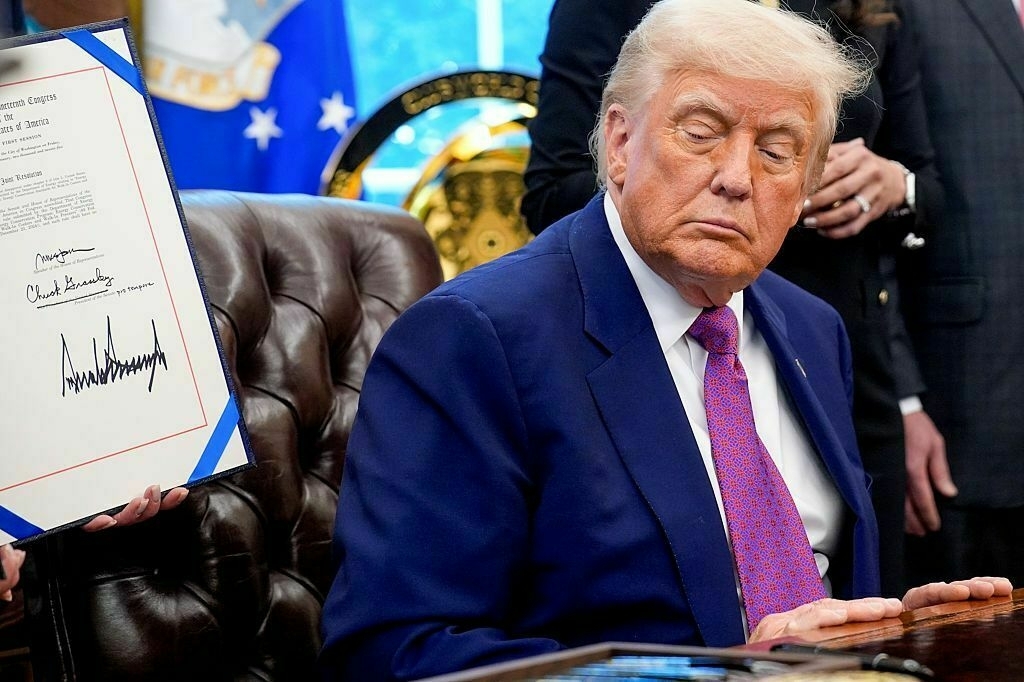
-
EBRD sees Ukraine's GDP growth slow down to 3.3% in 2025
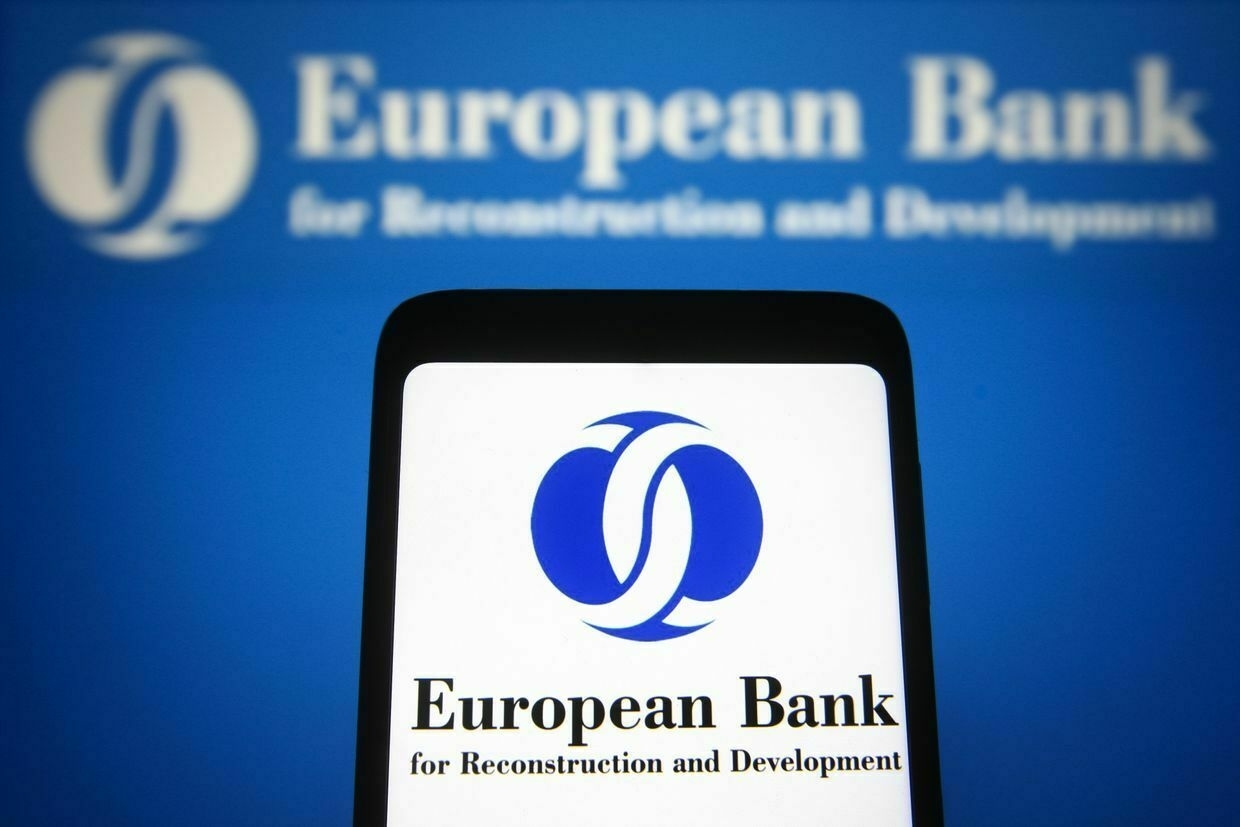
The European Bank for Development and Reconstruction (EBRD) has revised its GDP growth forecast for Ukraine, lowering it from 3.5% to 3.3% for this year, according to a May 13 statement.
The revision was connected to global trade upheavals, which only aggravate Ukraine’s economic challenges stemming from Russia’s full-scale invasion.
International trade relations have been in turmoil since U.S. President Donald Trump announced sweeping tariffs on most countries around the world. Ukraine was hit by a base 10% tariff on most imports, except for steel products that are already subject to 25% tariffs.
The EBRD previously revised Ukraine’s forecast in February, lowering it from 4.7% to 3.5%. At the same time, the EBRD’s Regional Economic Prospects left Ukraine’s projected 2026 growth at 5% of GDP, provided successful ceasefire talks and post-war reconstruction efforts.
Since mid-2024, Ukraine has faced rising inflation and an economic slowdown, leading to Ukraine’s central bank raising the key policy rate to 15.5%. As of March, inflation stood at 14.6%.
The EBRD named “electricity shortages resulting from Russian attacks, weak harvests, and acute labour shortages in the economy” as the key reasons for these developments.
“While agriculture, energy production, and trade declined, other sectors exhibited solid growth despite challenging conditions and the war,” the bank said in a statement, praising the “resilience and adaptability” of Ukrainian businesses.
Ukraine was able to secure the external financing needs of its 2025 budget, receiving funds primarily from the EU’s Ukraine Facility program and the G7’s $50 billion loan covered by proceeds from frozen Russian assets.
The EBRD cut its forecast for 26 other nations, including Slovakia and Hungary, which are expected to be among the worst hit by tariffs.
‘Like a game of tennis’ — Russia, Ukraine court Trump to avoid being blamed for peace talks failureIn the middle of the night, Russian President Vladimir Putin gathered Russian state TV to inform them that he is ready to begin direct peace talks with Ukraine on May 15. A day later, President Volodymyr Zelensky said he’ll be waiting for Putin in Turkey. “We expect Russia to confirm a full, durable, and reliable ceasefire starting May 12, and Ukraine is ready to meet,” Zelensky said. The statements by Moscow and Kyiv caught the attention of the main viewer — U.S. President Donald Trump. “I The Kyiv IndependentAsami Terajima
The Kyiv IndependentAsami Terajima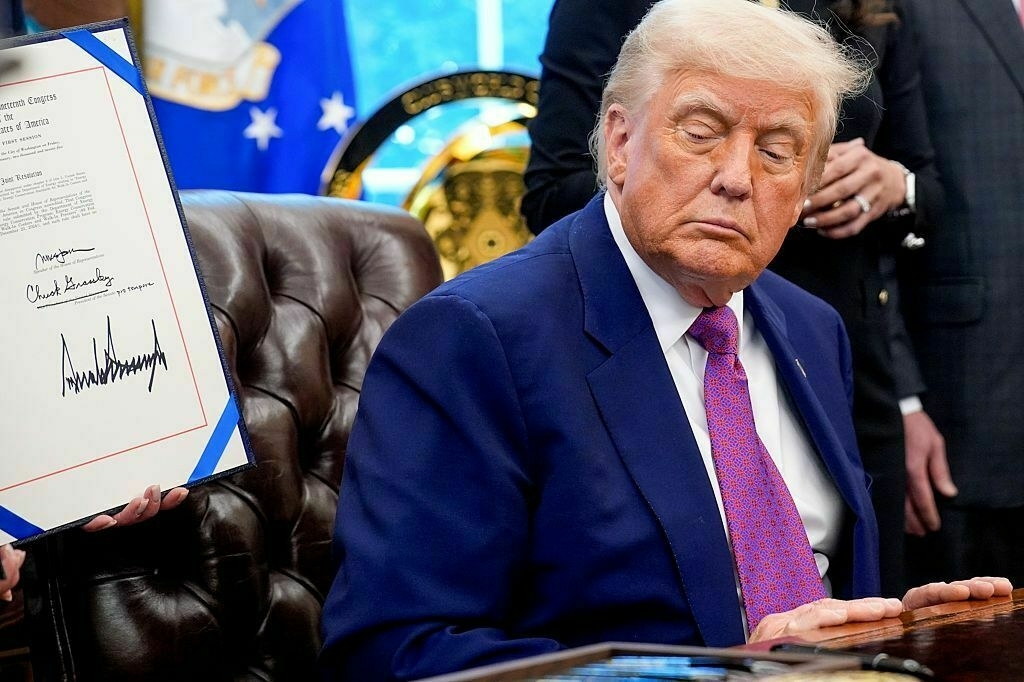
-
Former nuclear power plant employee arrested for allegedly helping Russia's GRU target drone strikes
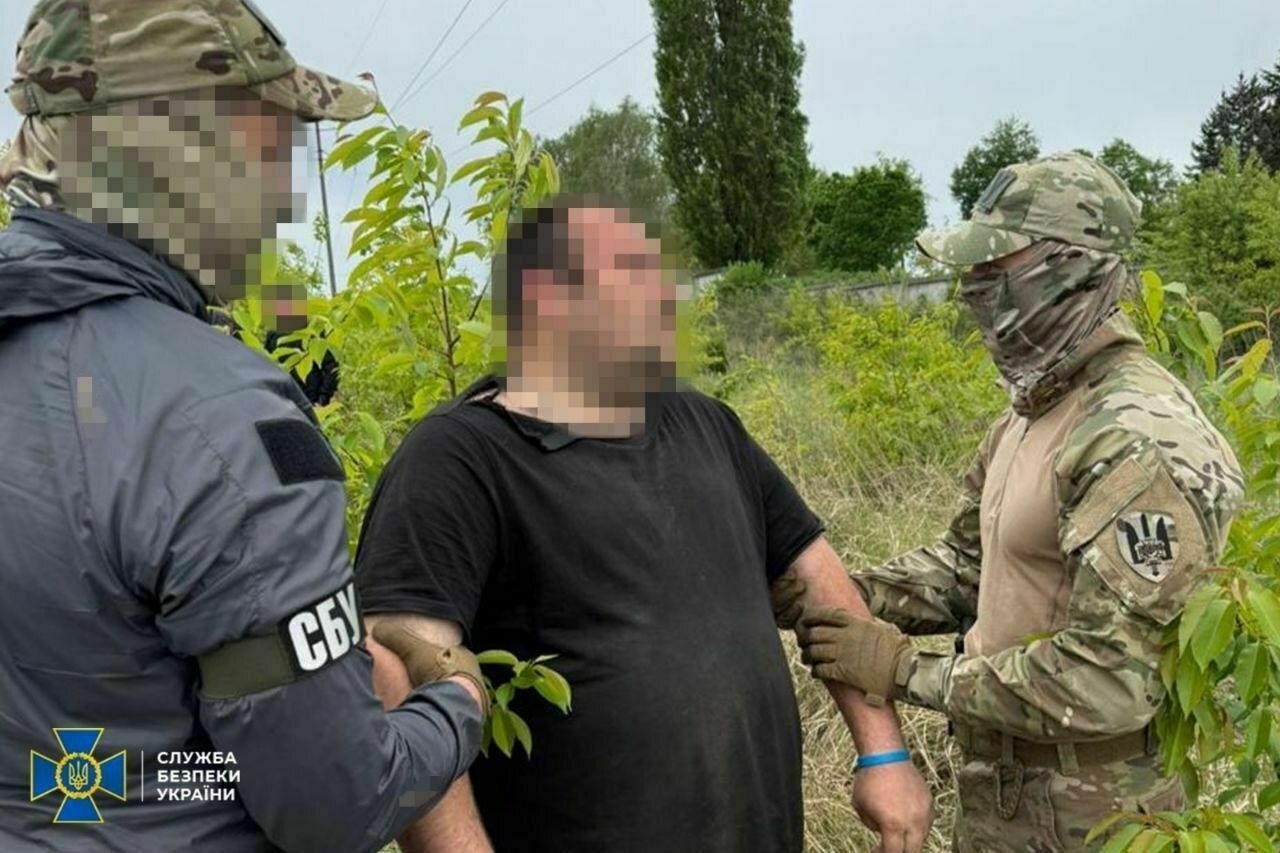
A former employee of the Rivne Nuclear Power Plant (NPP) has been arrested on suspicion of working with Russian military intelligence (GRU) to help target drone strikes on the facility’s power lines, the Security Service of Ukraine (SBU) announced on May 13.
According to the SBU, the man was to assist strikes on high-voltage power lines that connect the Rivne NPP in Rivne Oblast with the Kyiv Oblast power facilities, supplying electricity to the capital and the surrounding area.
The suspect quit his job at the Rivne NPP before the full-scale war began. In the spring of 2025, a GRU liaison contacted him and offered cooperation in exchange for money.
The suspect tried to install a GPS tracker on one of the main power line’s poles. To approach the facility unnoticed, he allegedly scouted the locations of Ukrainian troops guarding the NPP.
The man was detained when trying to activate a tracking module, the SBU said.
The suspect’s mobile phone, which reportedly contained incriminating messages with Russian security services, was seized.
The suspect has been detained and charged under Part 2 of the Art. 113 (sabotage committed under martial law) of the Criminal Code of Ukraine.
He is in custody and faces life imprisonment and property confiscation if convicted.
‘Not what Putin was expecting’ — What we know (and don’t know) about Ukraine, Russia peace talks in IstanbulRussian President Vladimir Putin may have gotten more than he bargained for when, on May 11, he rejected calls for a 30-day unconditional ceasefire and invited Ukraine to engage in direct talks in Istanbul later this week. In what may have been a surprise for the Russian leader, Ukrainian President Volodymyr Zelensky responded by accepting the invitation, saying he was ready to meet Putin in Turkey on May 15. “This is not what Putin was expecting,” Oleksandr Merezhko, a Ukrainian lawmaker and The Kyiv IndependentChris York,
The Kyiv IndependentChris York,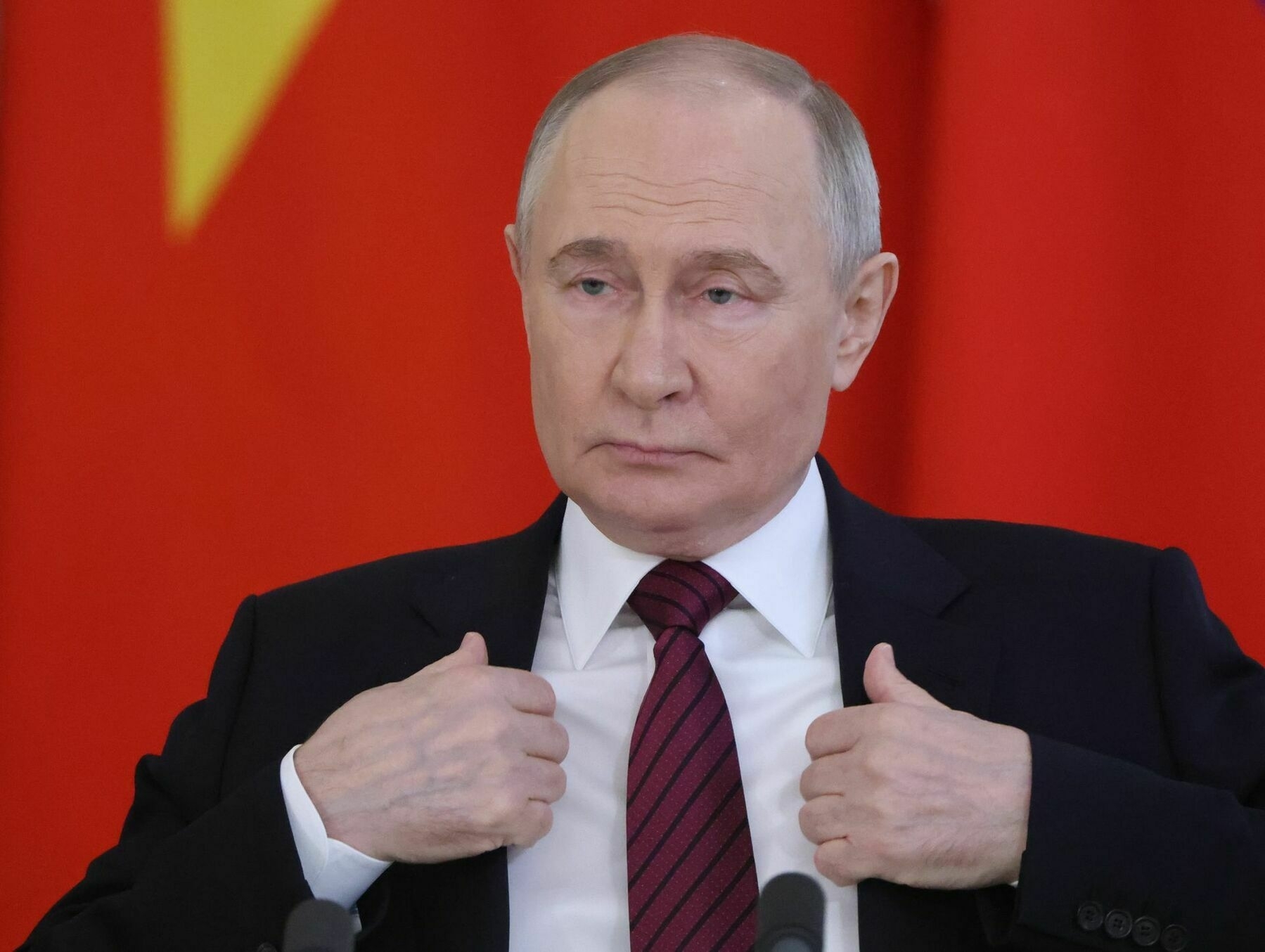
-
EU prepares capital controls, tariffs on Russia in case Hungary blocks sanctions, FT reports
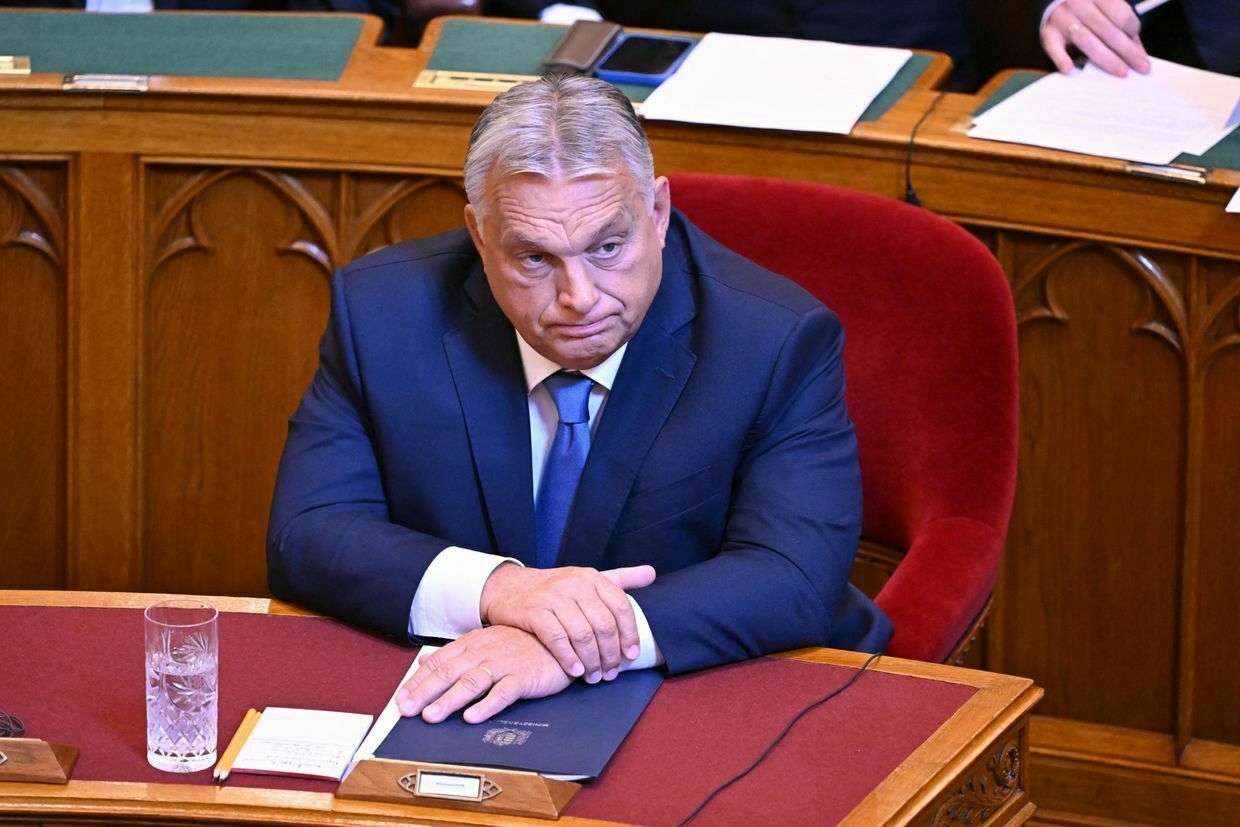
The European Union may impose capital controls and tariffs on Russia if Hungary blocks the extension of economic sanctions against Moscow, the Financial Times (FT) reported on May 13, citing its undisclosed sources.
The news comes as Ukraine’s European allies have signaled their commitment to increase sanctions pressure on Russia if it does not agree to a ceasefire soon.
The European Commission has informed member states that a large part of the sanctions, including the frozen 200 billion euro ($222 billion) in Russian state assets, could be moved to a different legal basis to circumvent Budapest’s veto, five officials told the FT.
Hungarian Prime Minister Viktor Orban, one of the most Russia-friendly European leaders, has repeatedly obstructed sanctions on Moscow and threatened to veto the extension of economic restrictions, including import bans and price caps in sectors such as energy.
Some of the sanctions will expire at the end of July unless all 27 EU member states agree on an extension.
Brussels is reportedly considering methods for bypassing Budapest’s veto that would require only a majority of EU countries to extend sanctions. Capital controls that would stop cash flows to Russia and trade measures such as tariffs are two options that the European Commission has mentioned in recent weeks, officials said.
The EU has been discussing ways of preventing Hungary from derailing the extension of sanctions for months. According to Radio Free Europe/Radio Liberty (RFE/RL), other options on the table include leaving the sanctions in effect without the formal extension through a legal loophole.
Brussels may also consider not actually adopting the upcoming 17th package of sanctions but instead “horse-trading” with Hungary for its extension, RFE/RL reported.
Germany previously threatened to introduce new sanctions on Moscow in coordination with European partners if it did not implement a ceasefire by the end of May 12. The EU also plans to unveil another round of sanctions against Russia on May 14, an EU official told the Kyiv Independent.
Russian President Vladimir Putin countered the allied demand for a ceasefire by inviting Ukraine to participate in direct negotiations in Istanbul starting May 15. According to Kremlin aide Yuri Ushakov, these talks would be based on the terms of the 2022 Istanbul discussions and the “current situation on the battlefield."
President Volodymyr Zelensky said he was prepared to meet Putin in Turkey and has reiterated the demand for a full and unconditional ceasefire.
‘Not all Hungarians are Orban,’ say Ukrainians living in EU’s most pro-Russian countryEvery time Daryna Koryagina enters her Budapest flat rented to her by a Hungarian friend, she sees the same sticker on a wardrobe inside the entrance. “Sorry about our prime minister,” it reads. The 33-year-old refugee and PhD student is one of tens of thousands of Ukrainians who fled Russia’s full-scale invasion and chose to live in what many might consider a strange choice — Hungary, the EU’s most pro-Russian, anti-Ukraine country. “It was a bad idea to go on Tinder dates with Hungarians,” The Kyiv IndependentYuliia Taradiuk
The Kyiv IndependentYuliia Taradiuk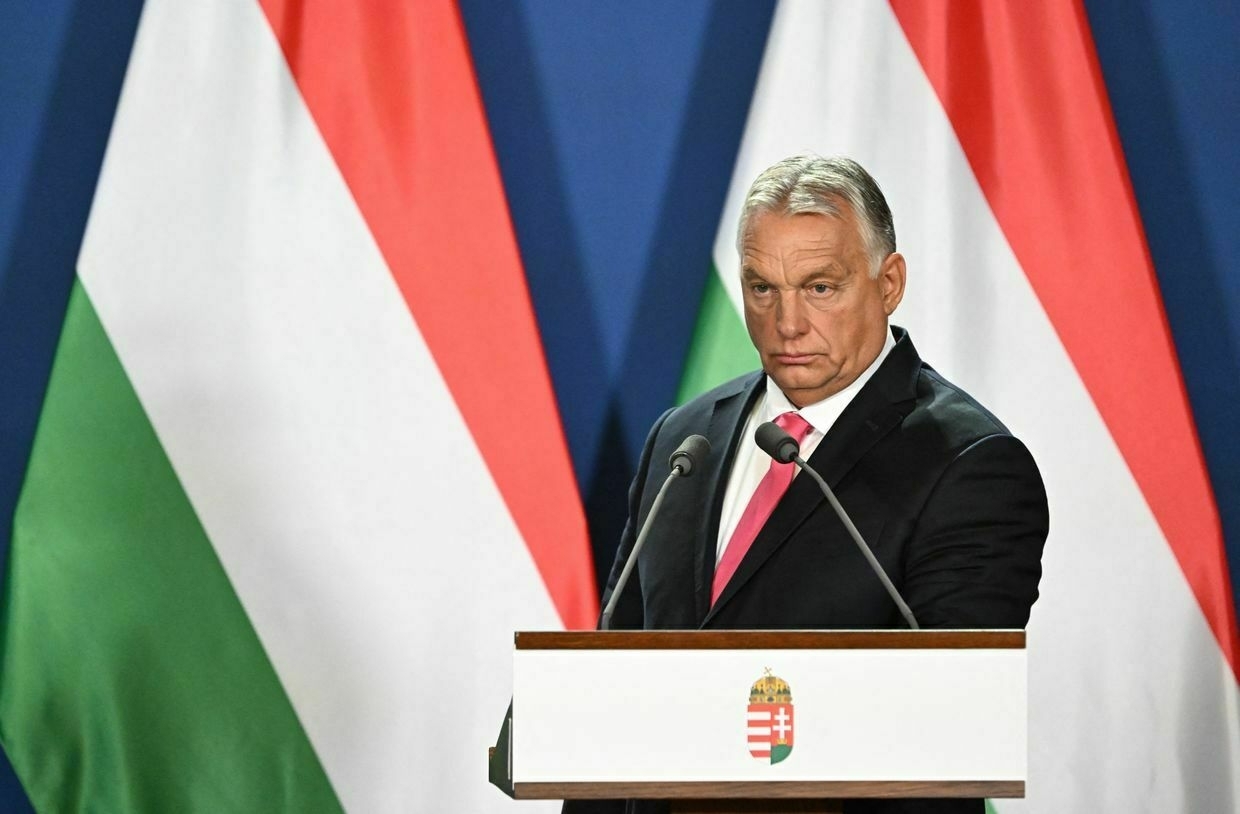
-
Will Russia continue to break the ceasefire? #shorts
-
Zelensky will only meet with Putin in Istanbul, lower-level talks pointless, aide says
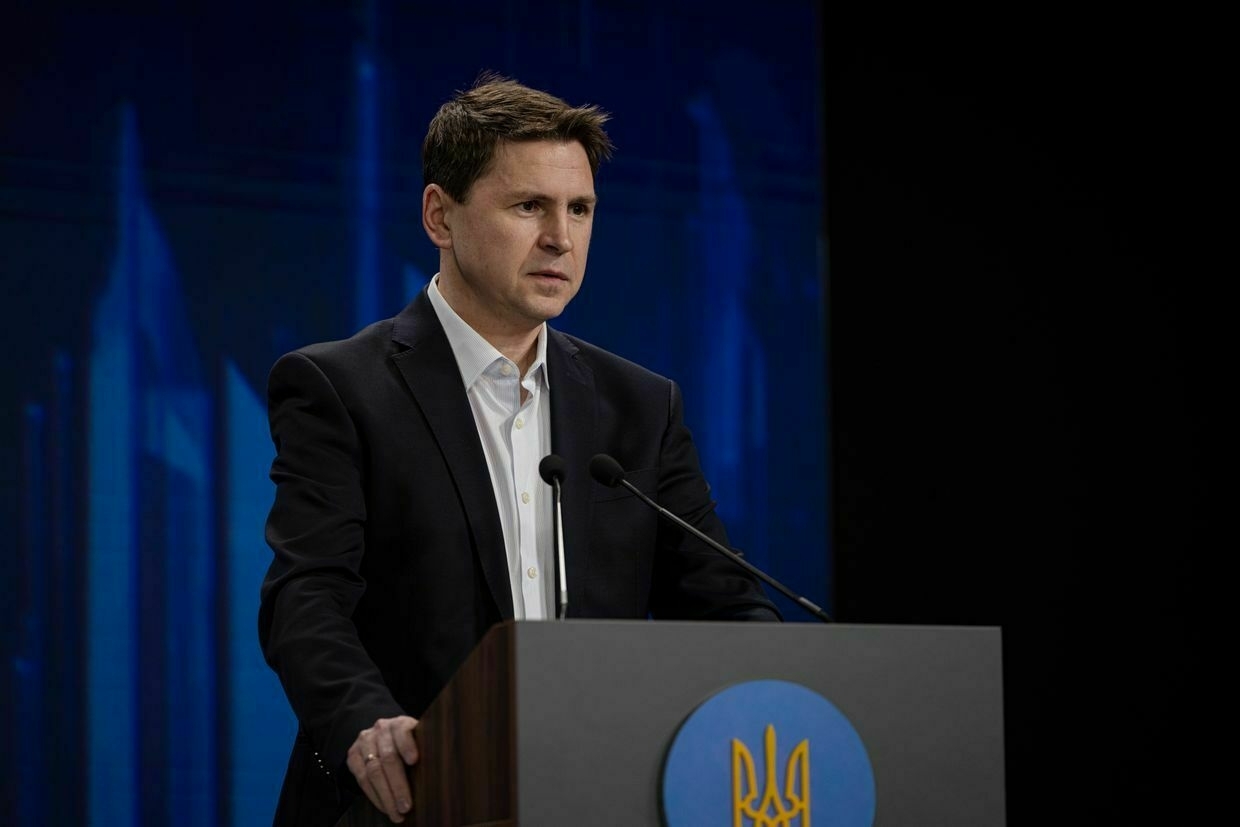
President Volodymyr Zelensky would not meet any other Russian official apart from Russian President Vladimir Putin in Istanbul this week, presidential advisor Mykhailo Podolyak said on the Breakfast Show program on May 13, explaining that talks with lower-level representatives would be pointless.
Zelensky has invited Putin to peace talks in Turkey on May 15, which would mark their first meeting during the full-scale war. Moscow has declared readiness to launch direct talks with Kyiv this week, but has not confirmed a possible meeting of the two leaders.
“No, of course. Well, this is not the format,” Podolyak said when asked about Zelensky meeting another Russian representative if the Kremlin’s chief does not attend.
According to the advisor, even high-level Russian officials like ministers cannot make fundamental decisions on ending the war.
“That is, only Putin can make a decision to continue the war or stop the war,” Podolyak added.
The comments echo Presidential Office chief Andriy Yermak, who said that Putin might “delegate the technical and preparatory stages,” but Ukraine understands “who is ultimately in charge."
U.S. President Donald Trump expressed optimism about the potential meeting between the two leaders, suggesting he might attend as well.
“Thursday’s meeting between Russia and Ukraine is very important. I strongly pushed for it to happen. I think good things can come from it,” the U.S. president said.
Reacting to Trump’s comment, Zelensky said he welcomed the possibility of Trump attending the meeting in Turkey, calling it “the right idea."
Ukraine and its European allies have urged an unconditional ceasefire starting on May 12 as the first step toward peace. Russia has ignored this proposal, continuing its attacks on Ukraine.
Asked by the Kyiv Independent whether Zelensky plans to make the trip even if Russia does not support the truce or if Putin declines to attend, a source close to the president said, “We are ready for all options. But of course, we are separately waiting for a response on the ceasefire."
The last face-to-face meeting between Putin and Zelensky took place in 2019 in Paris during a Normandy Format summit. Since then, there have been no direct in-person meetings between the two leaders.
Ukraine and Russia have not held direct peace talks since the unsuccessful negotiations in Istanbul in 2022.
‘Like a game of tennis’ — Russia, Ukraine court Trump to avoid being blamed for peace talks failureIn the middle of the night, Russian President Vladimir Putin gathered Russian state TV to inform them that he is ready to begin direct peace talks with Ukraine on May 15. A day later, President Volodymyr Zelensky said he’ll be waiting for Putin in Turkey. “We expect Russia to confirm a full, durable, and reliable ceasefire starting May 12, and Ukraine is ready to meet,” Zelensky said. The statements by Moscow and Kyiv caught the attention of the main viewer — U.S. President Donald Trump. “I The Kyiv IndependentAsami Terajima
The Kyiv IndependentAsami Terajima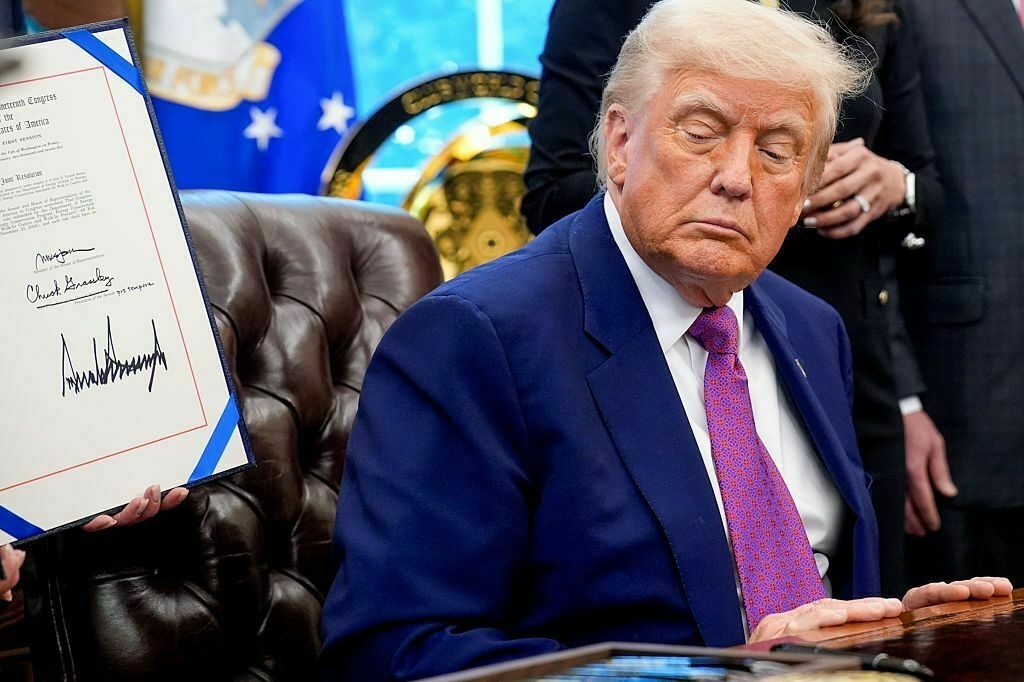
-
Russian attacks across Ukraine kill 2, injure 7 over past day
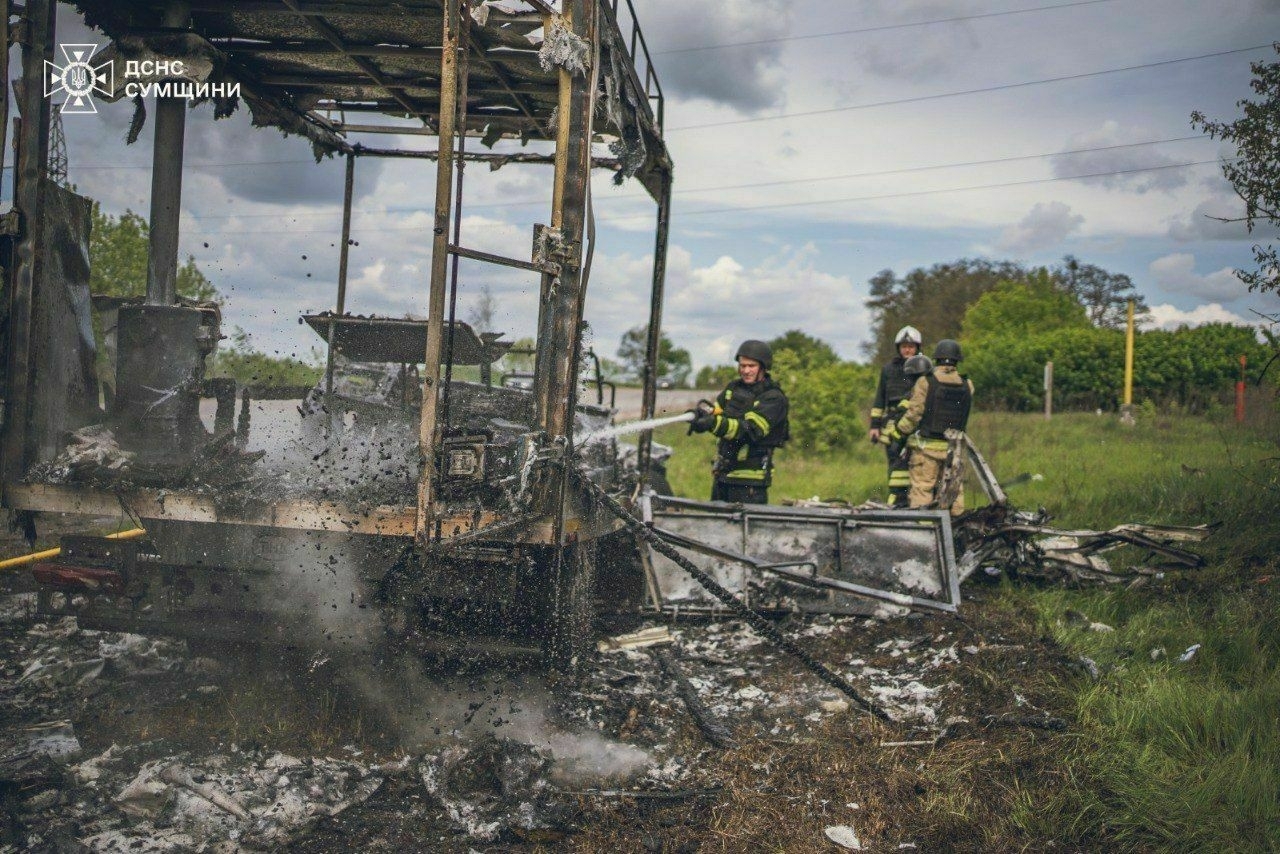
Russian attacks against Ukraine killed at least two civilians and injured at least seven over the past day, regional authorities reported on May 13.
Ukrainian air defenses shot down all 10 drones launched by Russia overnight, according to Ukraine’s Air Force.
Russia launched the attacks despite a call by Ukraine and its partners for an unconditional 30-day ceasefire starting on May 12.
In Donetsk Oblast, one person was killed in an attack against the village of Zoria, while two other civilians suffered injuries in the villages of Dorozhnie and Svitle, Governor Vadym Filashkin reported.
In Sumy Oblast, a Russian drone attacked a car of energy specialists in the Sumy community, killing a driver, according to the local military administration.
In Kherson Oblast, Russia targeted 34 settlements, including the regional center of Kherson, over the past day. As a result of the attacks, two people, including a child, were injured, Governor Oleksandr Prokudin reported.
In Kharkiv Oblast, Russia struck the village of Kindrashivka, injuring a 62-year-old man. A 51-year-old man suffered injuries in the village of Ruski Tyshky because of a Russian attack, Governor Oleh Syniehubov reported.
In Zaporizhzhia Oblast, a Russian drone struck a car, injuring a 72-year-old man, according to the local military administration.
‘Not what Putin was expecting’ — What we know (and don’t know) about Ukraine, Russia peace talks in IstanbulRussian President Vladimir Putin may have gotten more than he bargained for when, on May 11, he rejected calls for a 30-day unconditional ceasefire and invited Ukraine to engage in direct talks in Istanbul later this week. In what may have been a surprise for the Russian leader, Ukrainian President Volodymyr Zelensky responded by accepting the invitation, saying he was ready to meet Putin in Turkey on May 15. “This is not what Putin was expecting,” Oleksandr Merezhko, a Ukrainian lawmaker and The Kyiv IndependentChris York,
The Kyiv IndependentChris York,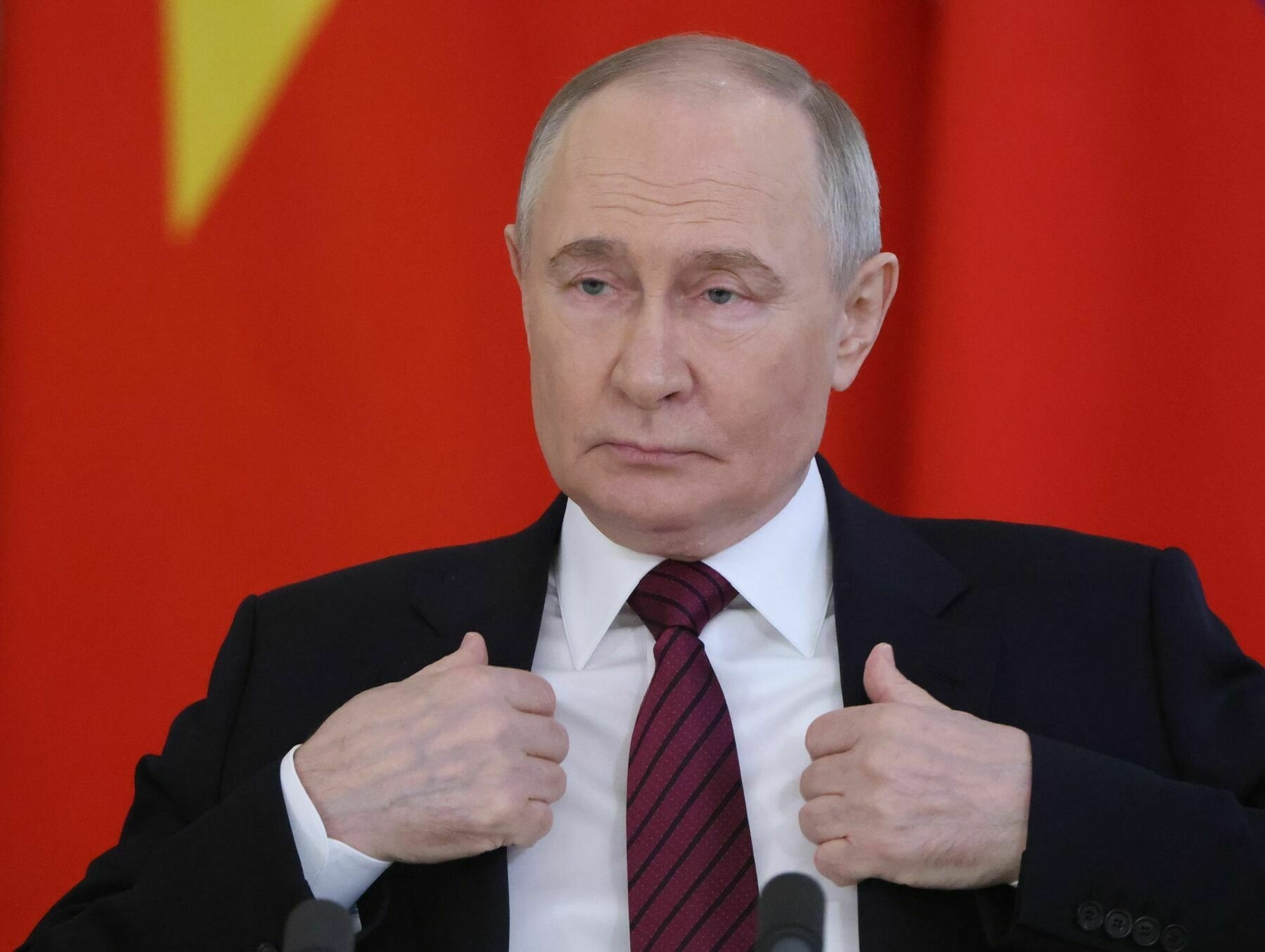
-
Europe awaits potential Zelensky-Putin meeting before pushing for new US sanctions on Russia, Bloomberg reports
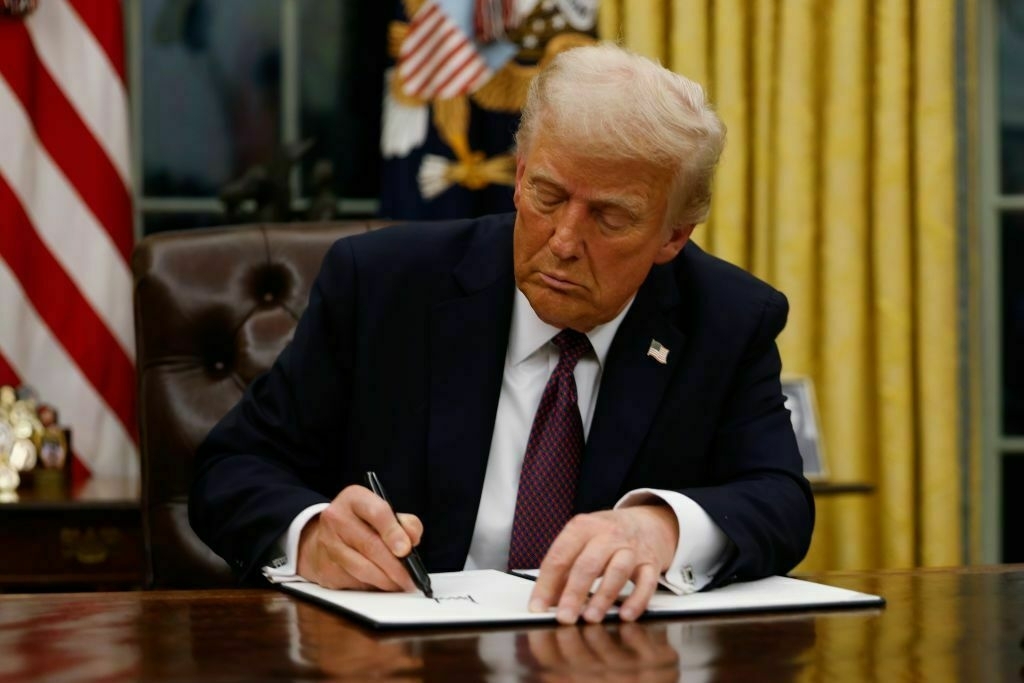
Ukraine’s European partners are planning to wait for a possible meeting between Russian President Vladimir Putin and Ukrainian President Volodymyr Zelensky in Turkey before pushing the U.S. to impose new sanctions on Russia, Bloomberg reported on May 12, citing undisclosed sources.
Russia, which launched its full-scale invasion of Ukraine in February 2022, rejected U.S.-backed calls for a 30-day unconditional ceasefire. The Kremlin instead invited Ukraine to engage in direct talks in Istanbul.
Zelensky responded by accepting the invitation, saying he was ready to meet Putin in Turkey on May 15 — a decision that various experts told the Kyiv Independent may have caught Putin off-guard.
U.S. and European officials held talks on May 12, during which Washington made it clear that it wanted to allow talks between Russia and Ukraine before increasing pressure on Putin, the sources told Bloomberg.
If Putin refuses to meet with Zelensky or Russia does not agree to an immediate and unconditional ceasefire on May 15, European leaders will call on U.S. President Donald Trump to follow through on his threat to impose sanctions on Moscow, the sources added.
The Kremlin has not said whether Putin will attend the meeting.
Trump has reportedly grown frustrated with the slow progress in peace negotiations, saying on April 26 that Putin may be “tapping me along,” and that the Russian leader may not be interested in ending the war.
The U.S. president also threatened on May 8 to join partners in imposing “further sanctions” if Russia does not agree to an unconditional ceasefire.
Kurt Volker, a former U.S. special representative for Ukraine, said on May 9 that he believes Putin is not interested in a peace deal, but may agree to a ceasefire later in the fall if Ukraine’s allies succeed in imposing tougher sanctions on Russian gas, oil, and financial transactions.
‘Not what Putin was expecting’ — What we know (and don’t know) about Ukraine, Russia peace talks in IstanbulRussian President Vladimir Putin may have gotten more than he bargained for when, on May 11, he rejected calls for a 30-day unconditional ceasefire and invited Ukraine to engage in direct talks in Istanbul later this week. In what may have been a surprise for the Russian leader, Ukrainian President Volodymyr Zelensky responded by accepting the invitation, saying he was ready to meet Putin in Turkey on May 15. “This is not what Putin was expecting,” Oleksandr Merezhko, a Ukrainian lawmaker and The Kyiv IndependentChris York,
The Kyiv IndependentChris York,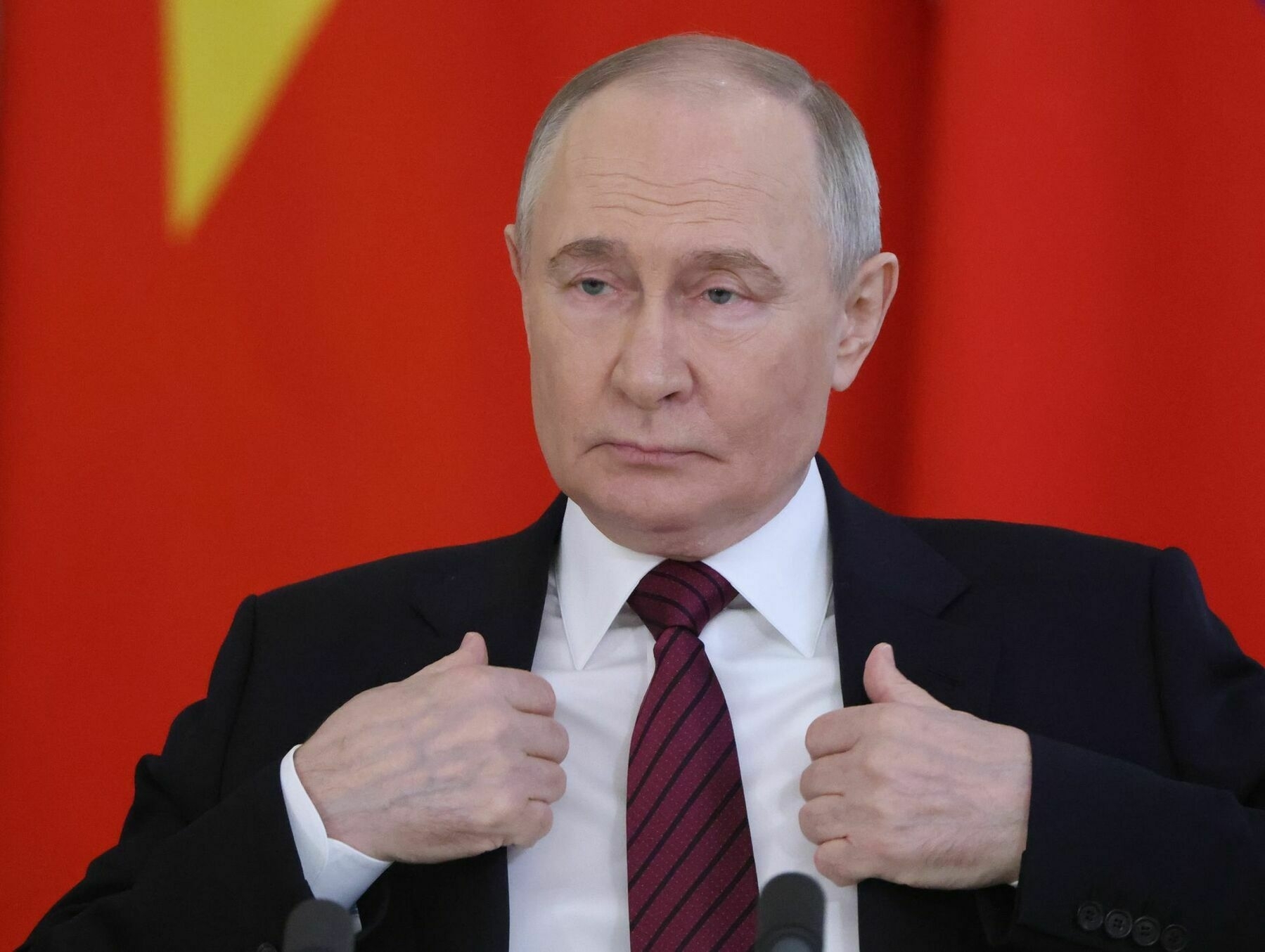
-
Trump 'issued an ultimatum' to Ukraine, Russia to advance peace talks or face US exit, Witkoff says
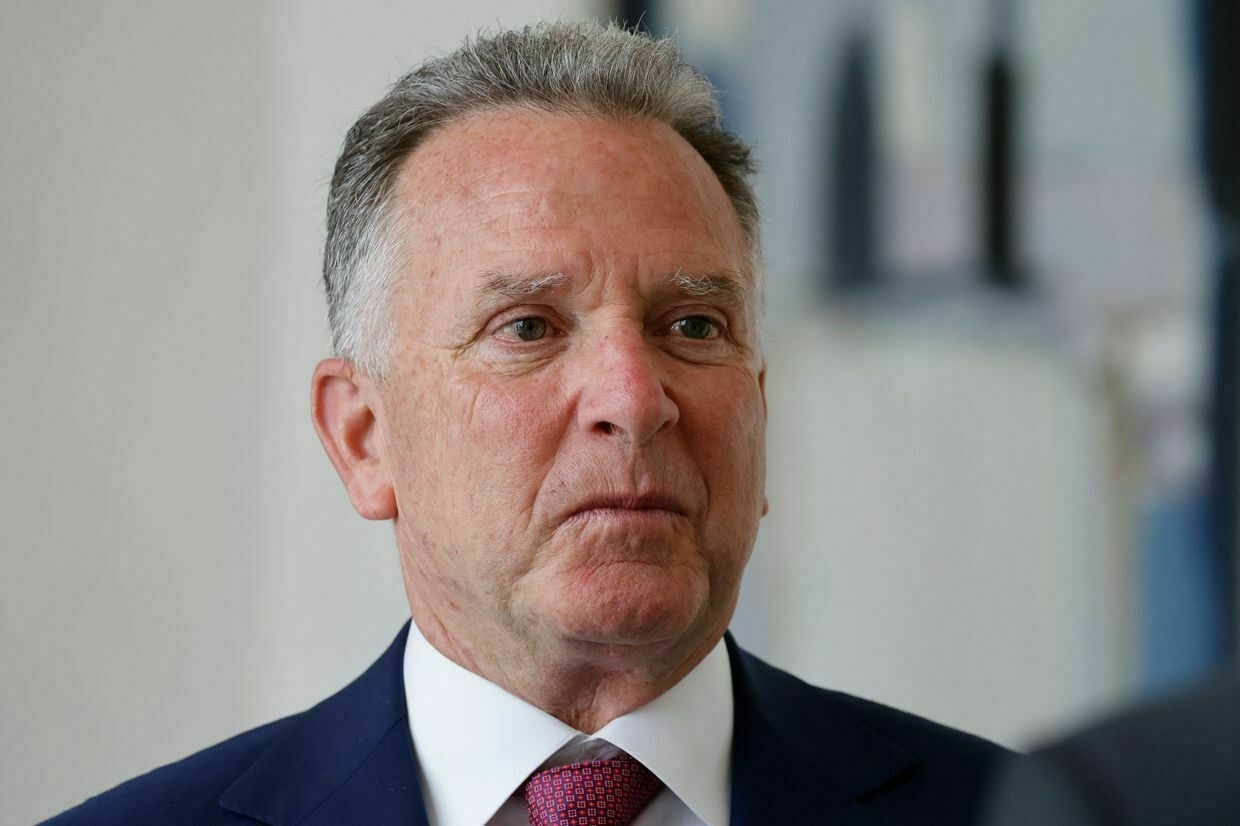
U.S. President Donald Trump “issued an ultimatum” to Moscow and Kyiv to make progress in peace negotiations, otherwise the U.S. will abandon the process, Special Envoy Steve Witkoff said in an interview with Breitbart News published on May 12.
“The president has issued an ultimatum to both sides that without those direct talks and if they don’t occur quickly, then he believes the United States ought to step back from this conflict whatever that means and just not be involved,” Witkoff said in an interview recorded on May 8, before discussions about possible high-level talks in Turkey on May 15.
Witkoff has been a key figure in Trump’s efforts to broker a peace between Moscow and Kyiv, personally meeting Russian President Vladimir Putin as well as Ukrainian and European officials.
The real estate investor-turned-negotiator has faced criticism over his poor negotiation record, tendency to adopt Russian talking points on Ukraine, and reported reliance on Kremlin translators during talks with Putin.
Witkoff told Breitbart News last week that a meeting between President Volodymyr Zelensky and Putin is “entirely possible."
Zelensky has proposed meeting Putin in Istanbul on May 15, which would mark their first meeting during the full-scale war, and urged an unconditional ceasefire starting on May 12. Moscow has ignored the proposals for a truce and a meeting of the two leaders but backed starting direct talks this week.
According to Witkoff, the key topics in peace talks are the fate of the five partially or fully occupied Ukrainian regions, the status of the Russian-held Zaporizhzhia Nuclear Power Plant, and Ukraine’s access to the Dnipro River and the Black Sea.
Russia currently occupies roughly 20% of Ukraine’s territory, including the entire Crimean peninsula, almost the entire Luhansk Oblast, and large parts of Donetsk, Zaporizhzhia, and Kherson oblasts.
The Kremlin has illegally declared these territories as part of the Russian Federation and insisted on Ukraine’s full withdrawal from these areas to achieve a peace deal.
“Russia has control — overwhelming control — of two of those regions. The Ukrainians have some degree of control over three other regions, so it’s about how we’re going to assess — there’s a difference between where the battle line are, where the troops are, and the administrative lines,” Witkoff said.
“The Zaporizhzhia nuclear plant is a big part of this discussion because it’s a little bit of a crown jewel and it’s been closed, but we need to reopen that because it delivers a lot of electricity into some of the cities (like) Kyiv."
The U.S. has reportedly proposed taking control of the Zaporizhzhia power plant while ensuring it provides electricity to both Ukraine and Russia. Washington’s peace proposals have also reportedly included the U.S. formally recognizing Russian annexation of Crimea, a step resolutely rejected by Ukraine and its European allies.
During the interview, Witkoff also defended his criticized meetings with Putin, saying: “There is no deal without President Putin’s sign off. He is the leader of the Russian Federation, so the notion of not talking to President Putin is somehow something people are against, I don’t understand that logic."
‘Not what Putin was expecting’ — What we know (and don’t know) about Ukraine, Russia peace talks in IstanbulRussian President Vladimir Putin may have gotten more than he bargained for when, on May 11, he rejected calls for a 30-day unconditional ceasefire and invited Ukraine to engage in direct talks in Istanbul later this week. In what may have been a surprise for the Russian leader, Ukrainian President Volodymyr Zelensky responded by accepting the invitation, saying he was ready to meet Putin in Turkey on May 15. “This is not what Putin was expecting,” Oleksandr Merezhko, a Ukrainian lawmaker and The Kyiv IndependentChris York,
The Kyiv IndependentChris York,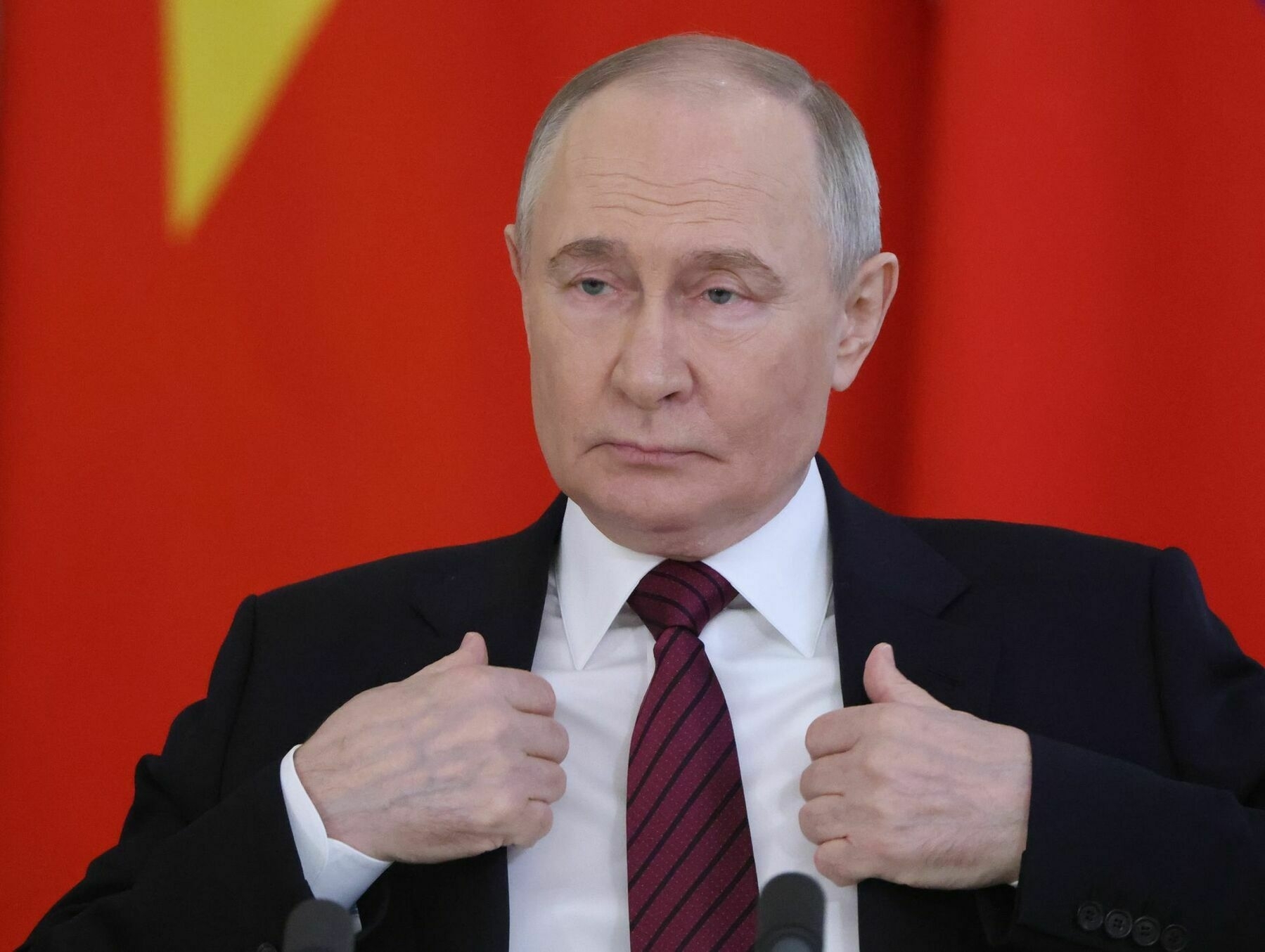
-
Syrian leader reportedly proposes Ukraine-style minerals deal to Trump to ease sanctions
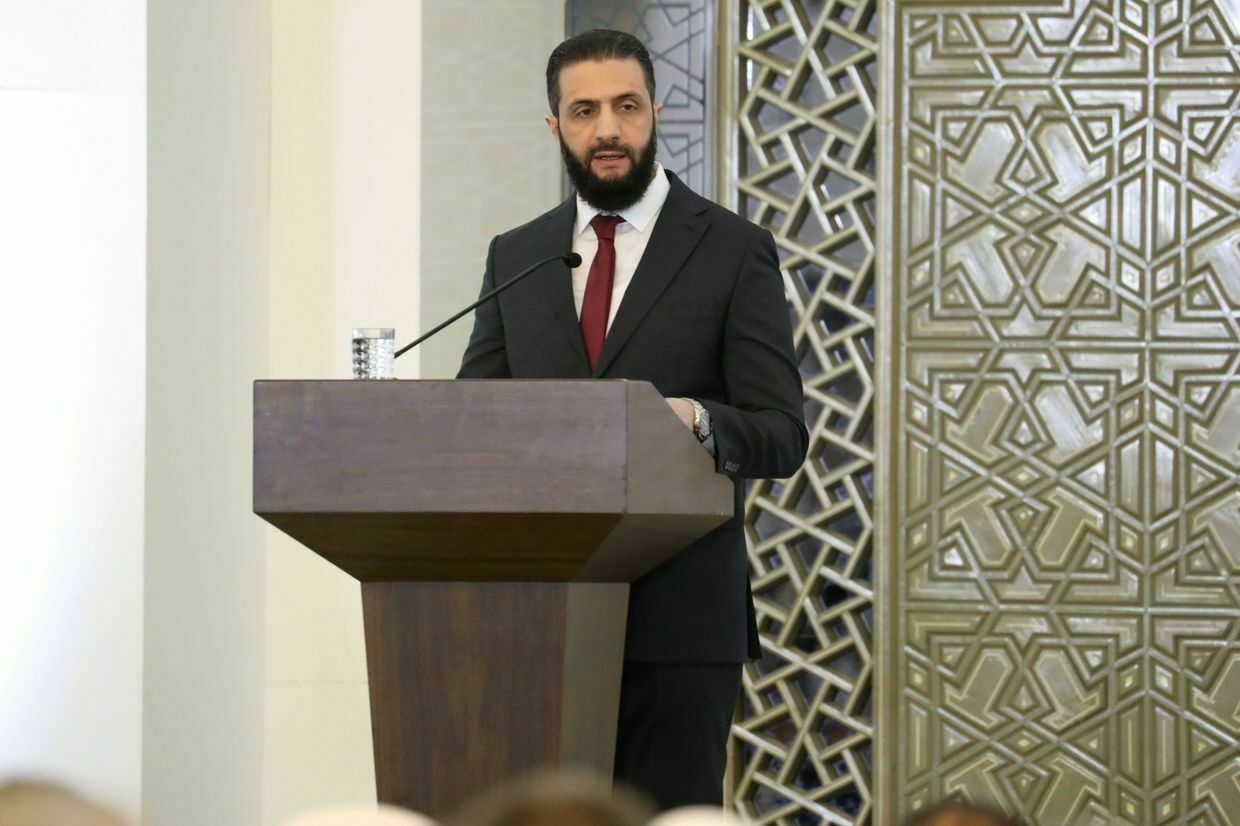
U.S. President Donald Trump is considering easing sanctions on Syria as its leader, President Ahmed al-Sharaa, proposed signing a minerals agreement and building a Trump Tower in Damascus, the Times reported on May 12.
Al-Sharaa is reportedly offering a deal that would give U.S. companies access to Syria’s natural wealth, reminiscent of the minerals agreement Washington recently signed with Kyiv.
The new Syrian leader, who assumed power following the ousting of Russian-backed dictator Bashar al-Assad in a rebel offensive last December, has moved to end Syria’s years of isolation and crippling international sanctions.
Al-Sharaa, a former Al-Qaeda affiliate who remains designated as a terrorist by the U.S., is reportedly seeking a meeting with Trump during the latter’s visit to Saudi Arabia this week, though no such meeting has been confirmed.
Trump suggested on May 12 that he might ease some of the Assad-era sanctions imposed on Syria, explaining he wants to give the country a “fresh start."
The U.S. and Ukraine signed the minerals agreement on April 30 after months-long, contentious negotiations. Initial plans to sign the deal in late February even collapsed following a heated White House argument between Trump and President Volodymyr Zelensky.
The deal establishes a Reconstruction Investment Fund jointly managed by Kyiv and Washington and gives the U.S. special access to projects developing Ukraine’s vast deposits of critical minerals, including lithium, titanium, and rare earth elements.
‘Not what Putin was expecting’ — What we know (and don’t know) about Ukraine, Russia peace talks in IstanbulRussian President Vladimir Putin may have gotten more than he bargained for when, on May 11, he rejected calls for a 30-day unconditional ceasefire and invited Ukraine to engage in direct talks in Istanbul later this week. In what may have been a surprise for the Russian leader, Ukrainian President Volodymyr Zelensky responded by accepting the invitation, saying he was ready to meet Putin in Turkey on May 15. “This is not what Putin was expecting,” Oleksandr Merezhko, a Ukrainian lawmaker and The Kyiv IndependentChris York,
The Kyiv IndependentChris York,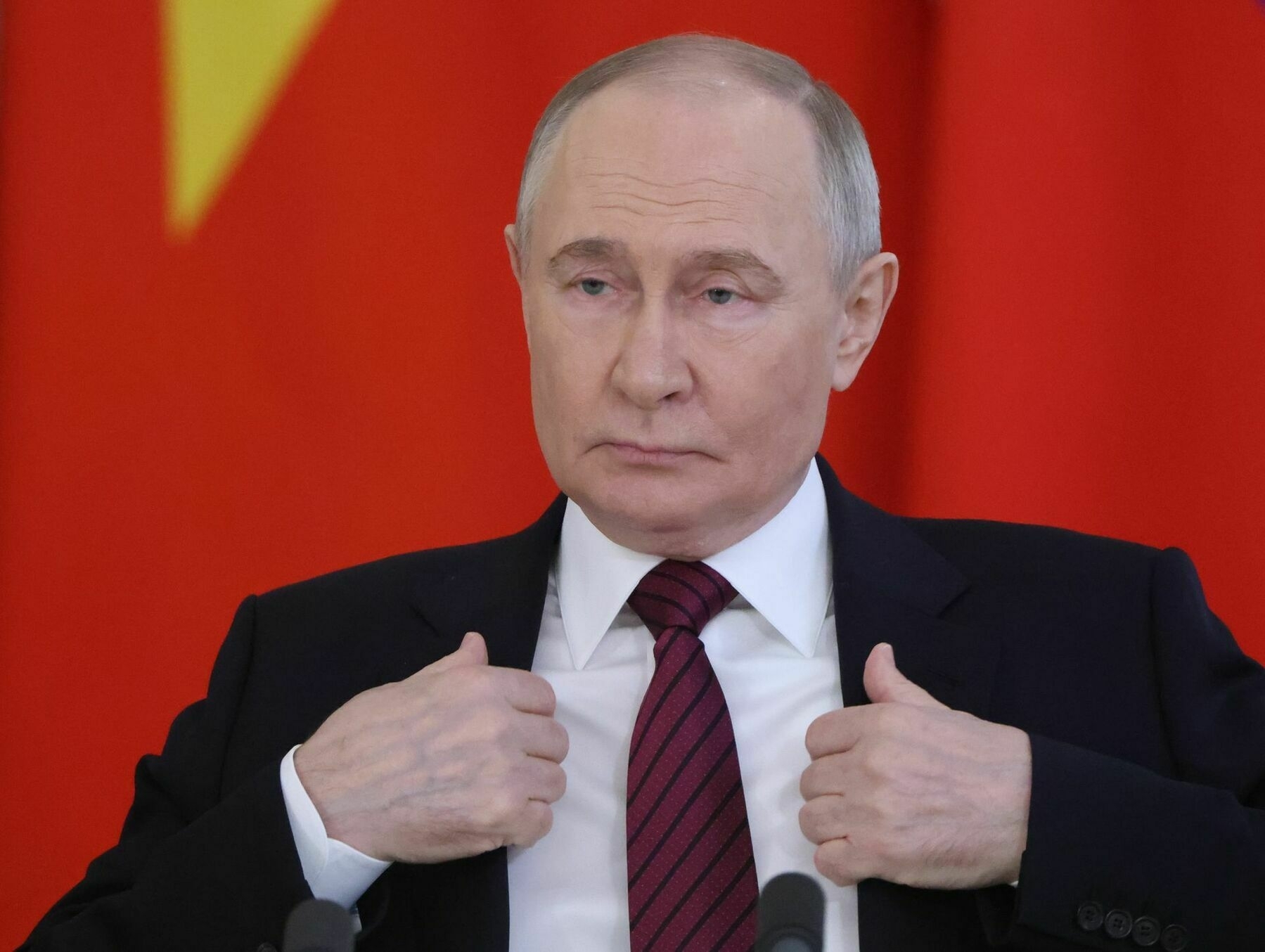
-
General Staff: Russia has lost 968,130 troops in Ukraine since Feb. 24, 2022
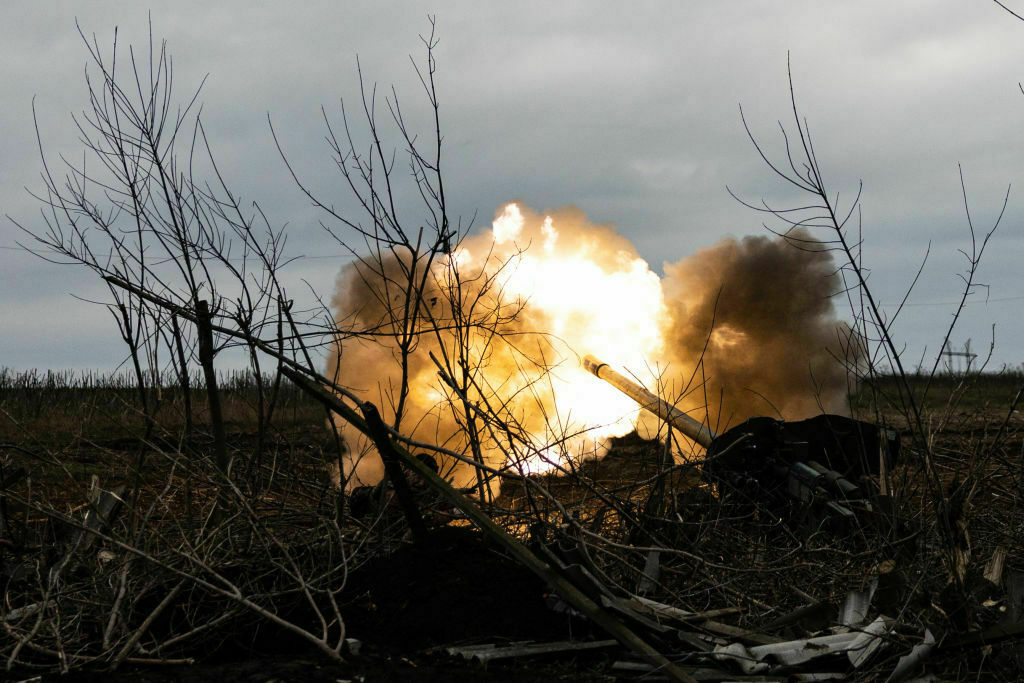
Russia has lost 968,130 troops in Ukraine since the beginning of its full-scale invasion on Feb. 24, 2022, the General Staff of Ukraine’s Armed Forces reported on May 13.
The number includes 1,070 casualties that Russian forces suffered over the past day.
According to the report, Russia has also lost 10,802 tanks, 22,487 armored fighting vehicles, 48,256 vehicles and fuel tanks, 27,780 artillery systems, 1,381 multiple-launch rocket systems, 1,162 air defense systems, 372 airplanes, 335 helicopters, 35,778 drones, 28 ships and boats, and one submarine.
‘Not what Putin was expecting’ — What we know (and don’t know) about Ukraine, Russia peace talks in IstanbulRussian President Vladimir Putin may have gotten more than he bargained for when, on May 11, he rejected calls for a 30-day unconditional ceasefire and invited Ukraine to engage in direct talks in Istanbul later this week. In what may have been a surprise for the Russian leader, Ukrainian President Volodymyr Zelensky responded by accepting the invitation, saying he was ready to meet Putin in Turkey on May 15. “This is not what Putin was expecting,” Oleksandr Merezhko, a Ukrainian lawmaker and The Kyiv IndependentChris York,
The Kyiv IndependentChris York,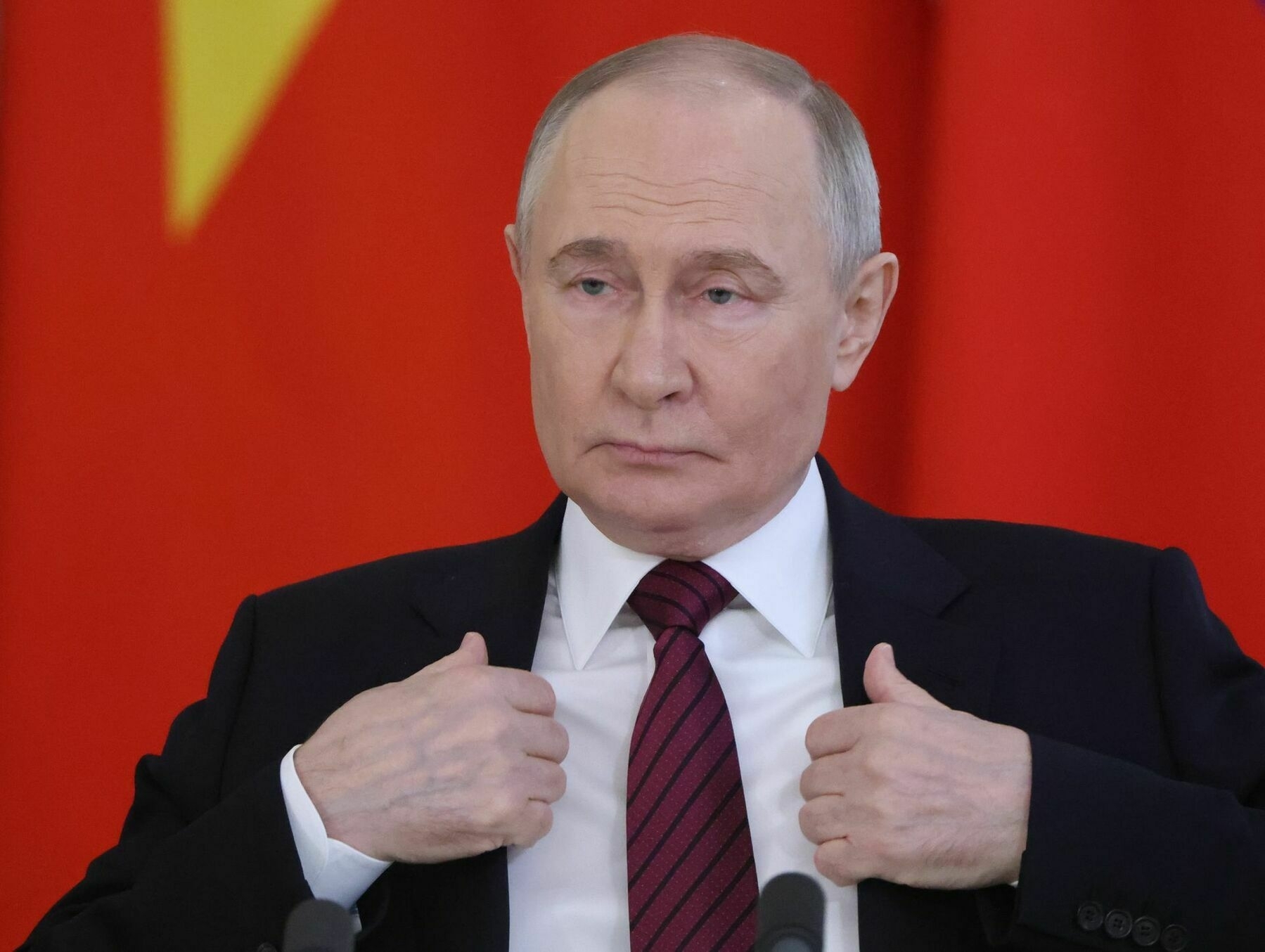
-
Air raid alarms sound throughout Ukraine as May 12 deadline passes with no ceasefire
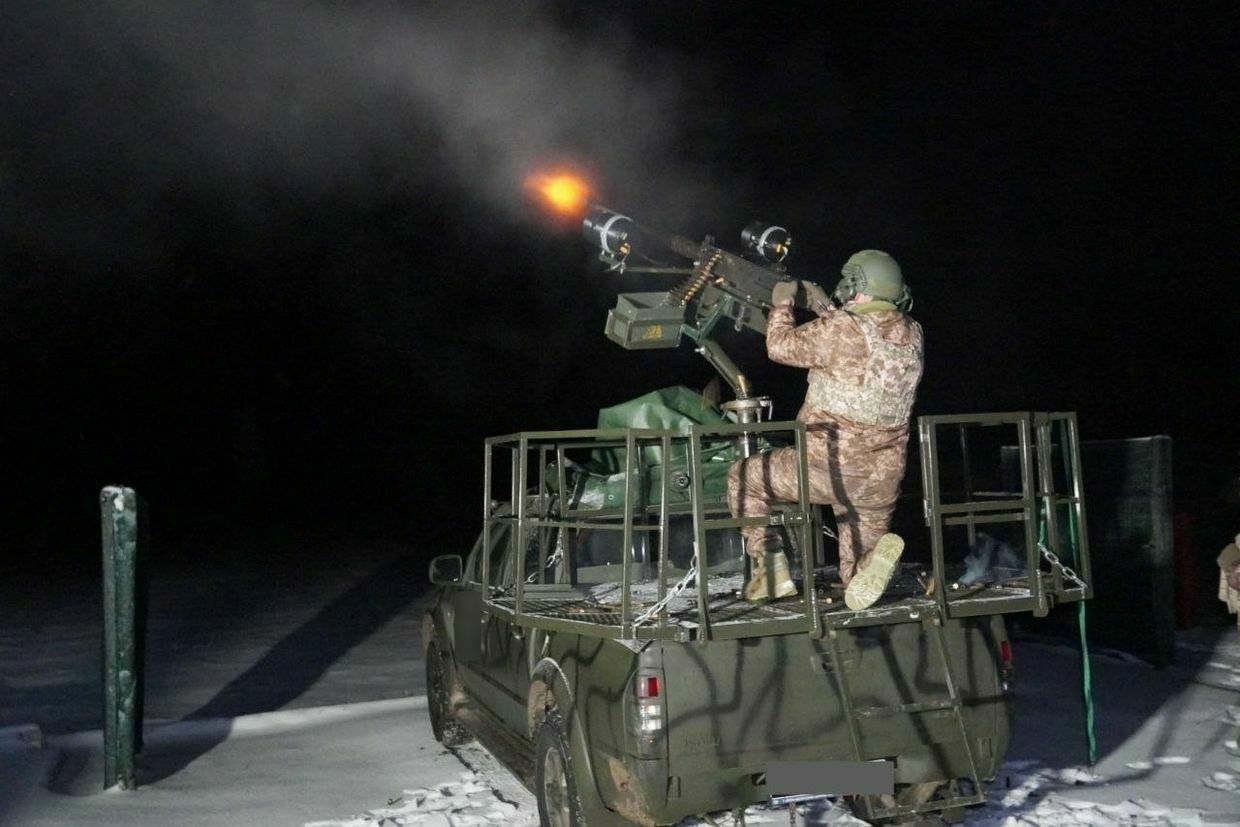
Russia attacked Ukraine with drones and guided bombs during the night, continuing to launch weapons at various regions after the May 12 deadline for an unconditional ceasefire expired.
Ukraine and European allies on May 10 demanded that Russia accept a full, unconditional ceasefire for 30 days or face new sanctions. Germany warned that the Kremlin had until the end of May 12 to implement the truce.
Russia proceeded to target Mykolaiv, Kirovohrad, Vinnytsia, and Odesa oblasts with drones after midnight, the Air Force reported. Moscow also launched KAB guided bombs at Sumy Oblast in the northeast.
The overnight threats followed a day of ongoing Russian attacks on the date the ceasefire was supposed to begin. Foreign Minister Andrii Sybiha informed European allies at a London summit that Russian forces continued attacking Ukrainian positions across the front and injured seven people in an overnight drone strike.
The Kremlin has rejected the call for an unconditional ceasefire as an “ultimatum” and instead invited Ukraine to participate in direct talks in Istanbul later this week. President Volodymyr Zelensky accepted the invitation, saying he was ready to meet Russian President Vladimir Putin in Turkey on May 15.
Putin has not said whether or not he will attend.
European countries have promised to enact sanctions against Russia’s banking and energy sectors if ceasefire demands are not met. The proposed deadline for implementing the truce has now passed.
“We agreed to pursue ambitious measures to reduce Russia’s ability to wage war by limiting Kremlin revenues, disrupting the shadow fleet, tightening the Oil Price Cap, and reducing our remaining imports of Russian energy,” the foreign ministers of several European countries, including Germany, France, and the U.K., wrote following the London summit.
“We will keep Russian sovereign assets in our jurisdictions immobilized until Russia ceases its aggression and pays for the damage caused."
The EU also plans to unveil a new round of sanctions against Russia on May 14, an EU official told the Kyiv Independent.
U.S. President Donald Trump has been more evasive about sanctions against Moscow. While he originally backed the Ukraine-Europe ceasefire demand, he soon changed tack, urging Ukraine to accept Putin’s invitation to peace talks and attempt to negotiate a ceasefire there.
Trump said on May 12 that he might even consider joining Zelensky and Putin in Istanbul himself.
“I even thought about flying over — I’m not sure where I’ll be on Thursday, I have so many meetings,” he said.
‘Not what Putin was expecting’ — What we know (and don’t know) about Ukraine, Russia peace talks in IstanbulRussian President Vladimir Putin may have gotten more than he bargained for when, on May 11, he rejected calls for a 30-day unconditional ceasefire and invited Ukraine to engage in direct talks in Istanbul later this week. In what may have been a surprise for the Russian leader, Ukrainian President Volodymyr Zelensky responded by accepting the invitation, saying he was ready to meet Putin in Turkey on May 15. “This is not what Putin was expecting,” Oleksandr Merezhko, a Ukrainian lawmaker and The Kyiv IndependentChris York,
The Kyiv IndependentChris York,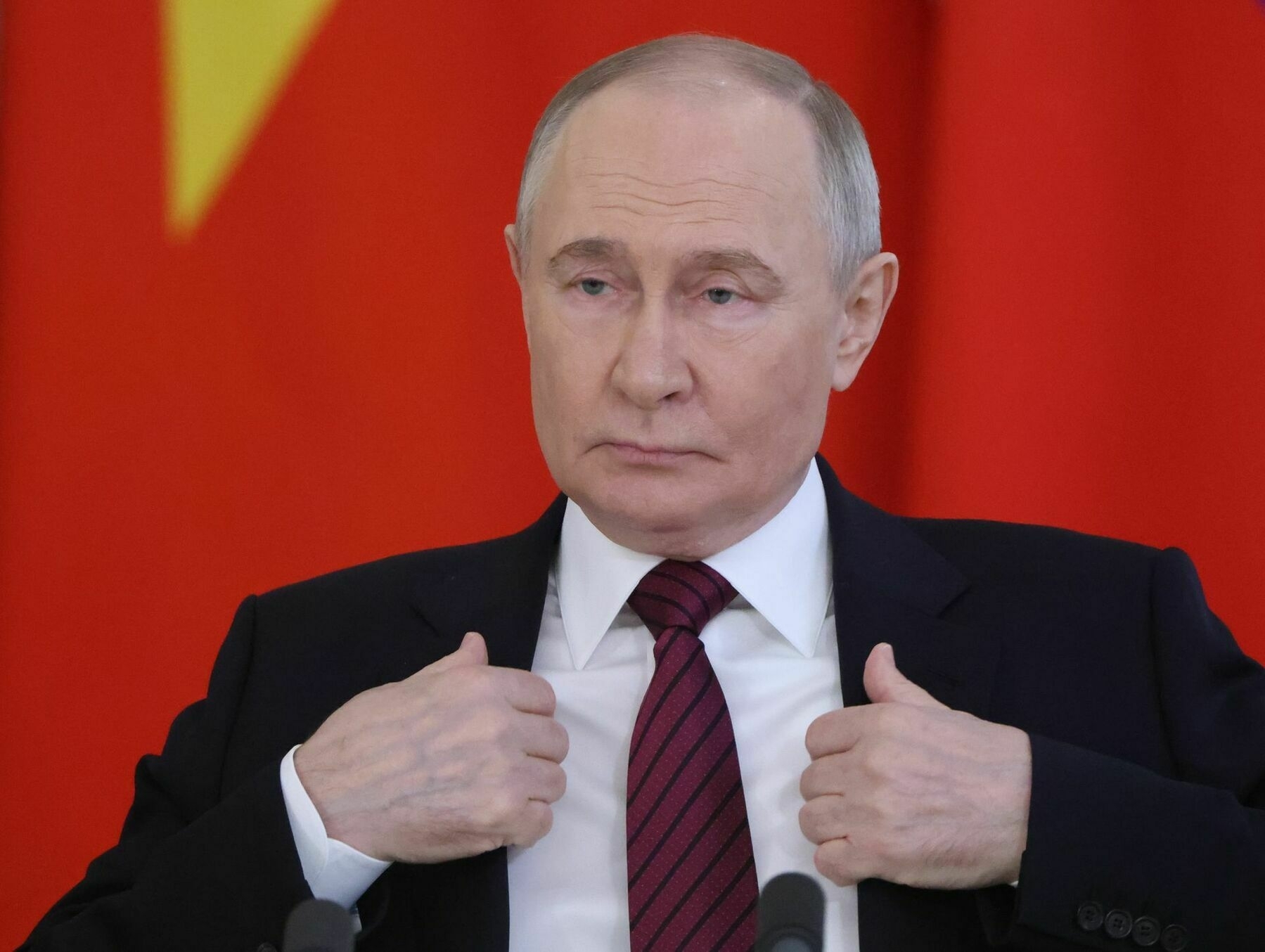
-
Some ReArm Europe funds to be funneled to Ukraine's defense, EU official says
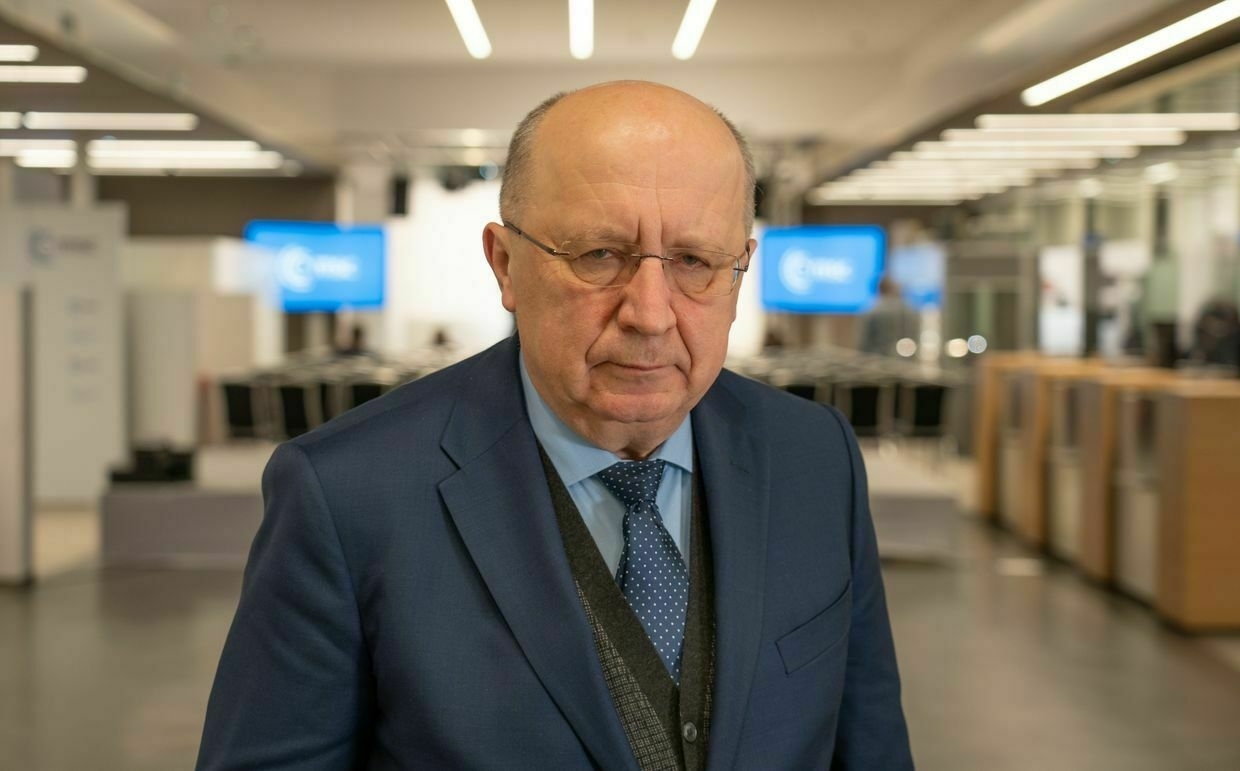
A portion of the 800 billion euros (approximately $888 billion) for the ReArm Europe program will be used to provide military support to Ukraine, EU Defense Commissioner Andrius Kubilius said in an interview with European Pravda published May 12.
European Commission President Ursula von der Leyen on March 4 presented the ReArm Europe plan, a five-point initiative to strengthen the continent’s defense capabilities in the face of escalating Russian aggression and shifting U.S. policy on transatlantic relations.
The plan involves a projected 650 billion euros ($684 billion) in increased defense spending and 150 billion euros ($158 billion) in loans for defense investments.
Member states can use these funds to provide Ukraine with weapons and invest in the country’s defense industry, Kubilius told European Pravda.
“Only member states can take out loans within the 150 billion euros instrument, but they can use these funds for joint procurement with Ukraine, in particular procurement in the Ukrainian defense industry for the needs of the Armed Forces,” he said.
National defense funds can also be used to buy weapons for Ukraine, Kubilius said.
“And of those 650 billion that are intended for national defense spending, part can also be spent on weapons for Ukraine,” he said. “This will be a decision of the member states.”
Officials have warned that Europe faces critical arms shortages, pointing out that Russia’s military expenditures in 2024 surpassed Europe’s spending by approximately $5 billion.
At a meeting of European foreign ministers and the EU High Representative in London on May 12, representatives from France, Germany, Italy, Poland, Spain, the United Kingdom pledged to “play a still greater role in assuring our own security."
“We will use all feasible levers to strengthen our collective defense capability and production and reinforce Europe’s technological and industrial base,” the ministers wrote in a joint statement. The officials also promised to ramp up military support for Ukraine.
Didn’t Zelensky impose a ban on talks with Putin? Not reallyPresident Volodymyr Zelensky’s willingness to hold direct talks with Russian President Vladimir Putin this week in Istanbul sparked a question over whether such a move contradicts his earlier decree. In the fall of 2022, Zelensky signed a decree that “stated the impossibility of holding negotiations with Russian President Putin,” as a response to Russia’s illegal annexation of Donetsk, Luhansk, Zaporizhzhia, and Kherson oblasts, parts of which Moscow didn’t even control. “He (Putin) does not k The Kyiv IndependentKateryna Denisova
The Kyiv IndependentKateryna Denisova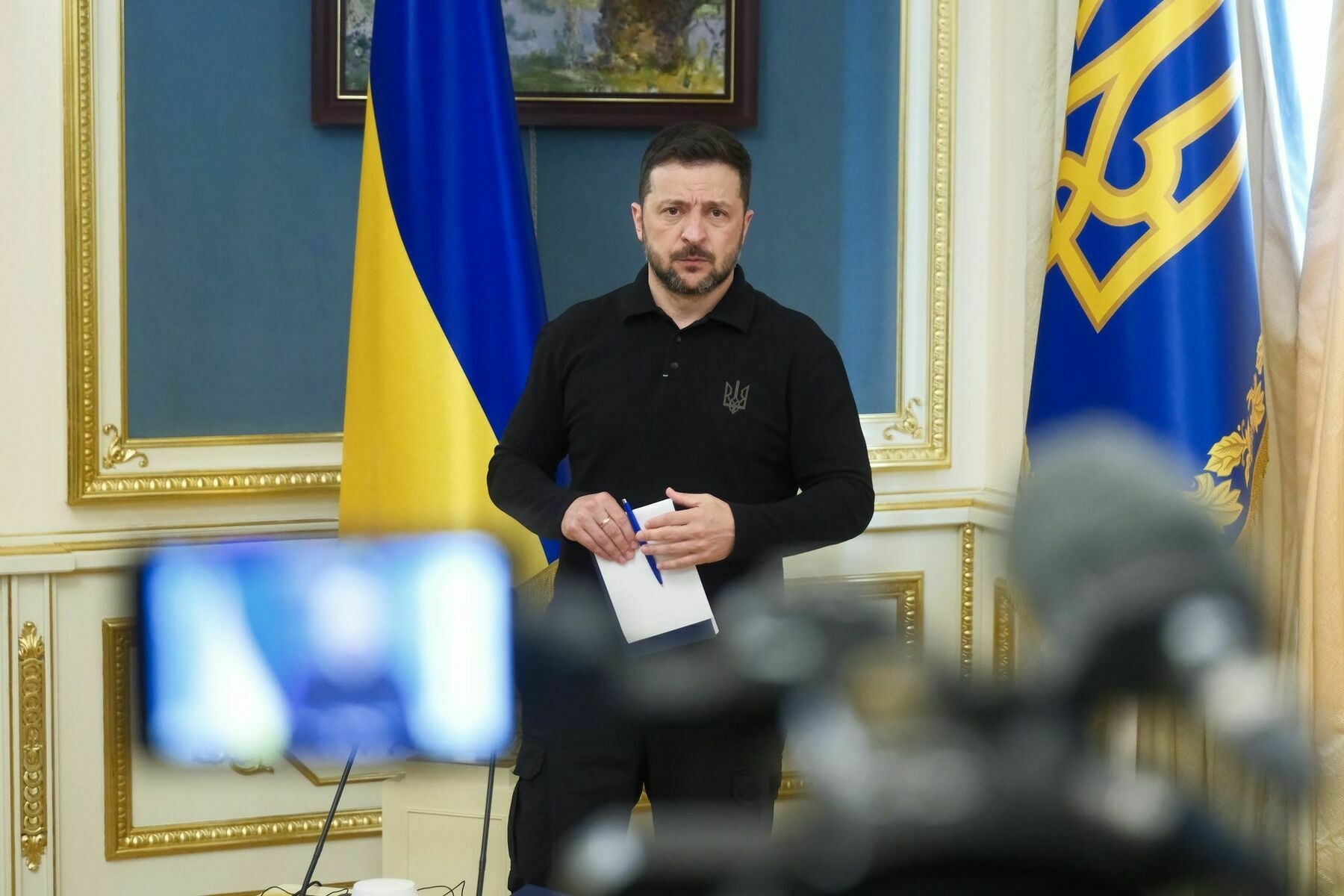
-
European officials pledge support for Ukraine, new Russia sanctions at London summit
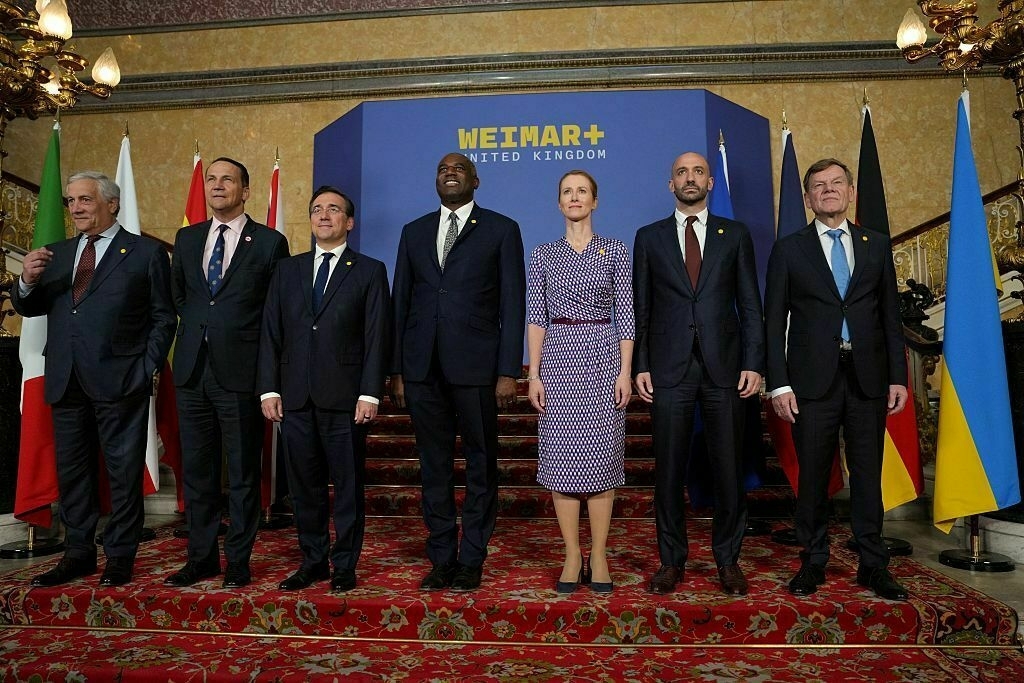
Ukraine’s European allies called for an unconditional 30-day ceasefire and threatened additional sanctions against Russia in a joint statement issued May 12.
The foreign ministers of France, Germany, Italy, Poland, Spain, and the United Kingdom, along with EU High Representative Kaja Kallas, convened in London for a meeting of the Wemair+ group dedicated to Euro-Atlantic security and Russian aggression against Ukraine.
“We joined Ukraine in calling for an immediate, full, unconditional 30-day ceasefire to create space for talks on a just, comprehensive, and lasting peace,” the officials wrote in a joint statement published after the summit.
Earlier in the day, Ukraine’s Foreign Minister Andrii Sybiha joined the meeting via video link and confirmed that Russian forces have not honored the proposed ceasefire set to begin May 12. Ukraine and its top European allies warned Russia on May 10 that it would impose harsher sanctions if the Kremlin did not accept the 30-day truce.
The ministers detailed some of the promised penalties in their statement.
“We agreed to pursue ambitious measures to reduce Russia’s ability to wage war by limiting Kremlin revenues, disrupting the shadow fleet, tightening the Oil Price Cap, and reducing our remaining imports of Russian energy,” they wrote.
“We will keep Russian sovereign assets in our jurisdictions immobilized until Russia ceases its aggression and pays for the damage caused."
The ministers also affirmed their commitment to strengthening Ukraine’s military, providing “robust security guarantees,” and promoting a strong NATO.
Russian President Vladimir Putin countered the allied demand for a ceasefire by inviting Ukraine to participate in direct negotiations in Istanbul starting May 15. According to Kremlin aide Yuri Ushakov, these talks would be based on the terms of the 2022 Istanbul discussions and the “current situation on the battlefield."
President Volodymyr Zelensky said he was prepared to meet Putin in Turkey and has reiterated the demand for a full and unconditional ceasefire.
An undisclosed Ukrainian official told Axios that Zelensky will be in Turkey on May 15 even if Moscow does not agree to the ceasefire proposal.
Asked by the Kyiv Independent whether Zelensky plans to make the trip even if Russia does not support the truce, a source close to the Presidential Office said: “We are ready for all options. But of course, we are separately waiting for a response on the ceasefire."
Putin has yet to formally confirm his attendance on May 15.
Germany threatened to introduce new sanctions on Moscow if it did not implement a ceasefire by the end of May 12. The EU also plans to unveil another round of sanctions against Russia on May 14,an EU official told the Kyiv Independent.
The Weimar+ group was formed in February 2025, expanding from the regional alliance of France, Germany, and Poland to include the U.K., Spain, Italy, and the European Commission. The group’s establishment came in response to shifting U.S. policy toward Ukraine and Russia following the inauguration of U.S. President Donald Trump.
‘Like a game of tennis’ — Russia, Ukraine court Trump to avoid being blamed for peace talks failureIn the middle of the night, Russian President Vladimir Putin gathered Russian state TV to inform them that he is ready to begin direct peace talks with Ukraine on May 15. A day later, President Volodymyr Zelensky said he’ll be waiting for Putin in Turkey. “We expect Russia to confirm a full, durable, and reliable ceasefire starting May 12, and Ukraine is ready to meet,” Zelensky said. The statements by Moscow and Kyiv caught the attention of the main viewer — U.S. President Donald Trump. “I The Kyiv IndependentAsami Terajima
The Kyiv IndependentAsami Terajima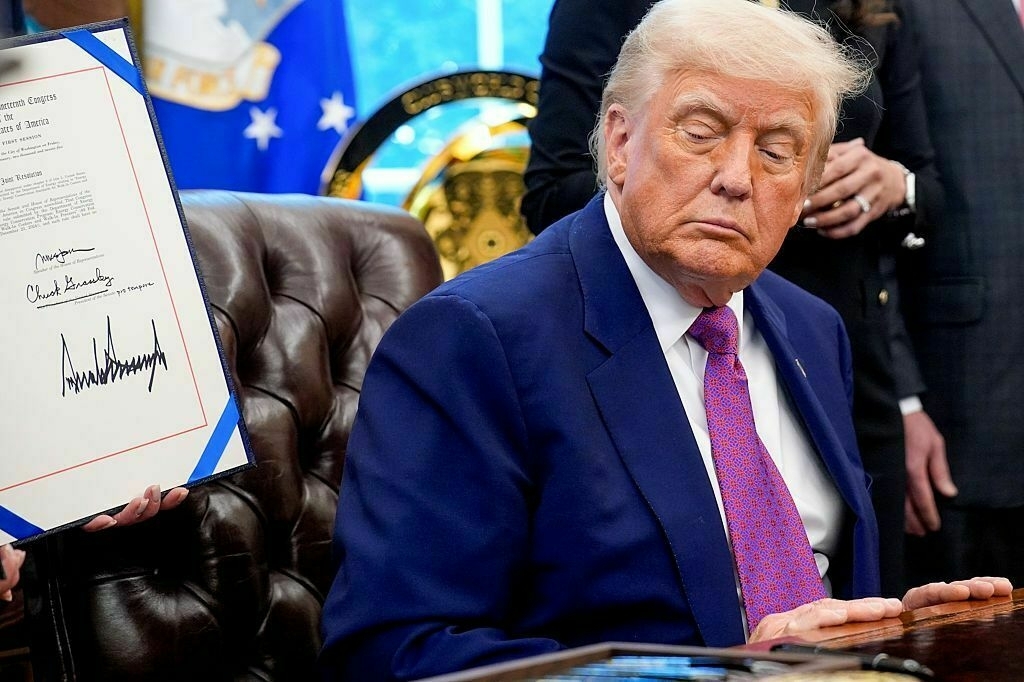
-
Zelensky dismisses ex-deputy defense minister from top military command body
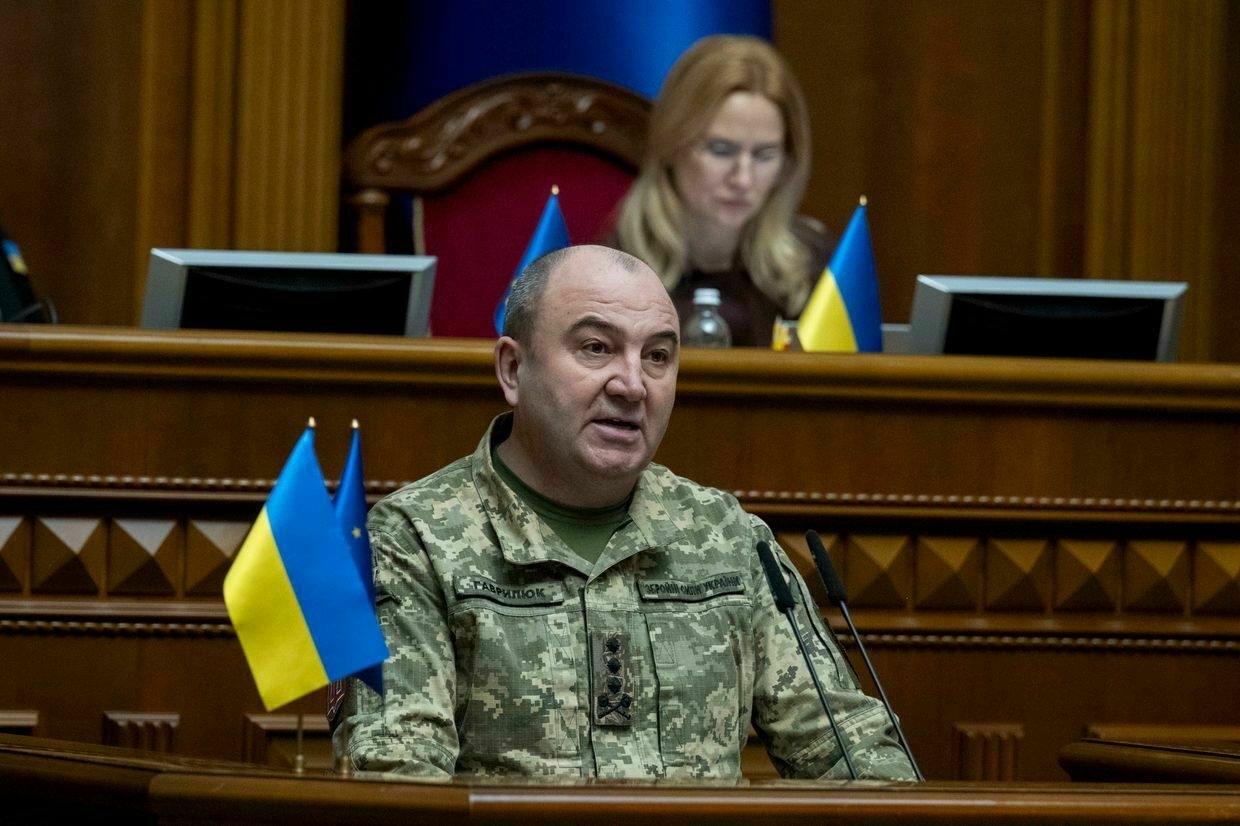
President Volodymyr Zelensky on May 12 dismissed former Deputy Defense Minister Lieutenant General Ivan Havryliuk from the Headquarters of the Supreme Commander-in-Chief.
Havryliuk voluntarily stepped down from his role as first deputy defense minister on April 11, amid scandal over the ministry’s handling of defense procurement.
Zelensky issued a decree on May 12 officially removing Havryliuk from the Headquarters of the Supreme Commander-in-Chief, the top command and control body for all branches of Ukraine’s defense and security apparatus.
The Presidential Office did not provide details on the reasons for the dismissal.
A source in the Defense Ministry reportedly told the news outlet Suspilne that the firing was related to Havryliuk’s decision to transfer 78 billion hryvnia (approximately $1.8 billion) from the Defense Procurement Agency (DPA) to a Polish intermediary company to purchase ammunition for Ukraine’s State Border Guard Service.
Havryliuk was appointed first deputy defense minister in charge of procurement in May 2024. The defense procurement sector was reformed in December 2023, aiming to comply with NATO standards.
One of NATO and European partners' requirements for Ukraine was the establishment of two agencies that would be directly responsible for procurement for the Ukrainian Armed Forces, not through the Defense Ministry or contractors.
Shortly before his resignation, Havryliuk on April 7 announced that the ministry planned to merge the DPA and the State Rear Operator (DOT), a sister agency overseeing the procurement of non-lethal supplies for the Armed Forces.
The announcement came as Defense Minister Rustem Umerov faced scrutiny and accusations of corruption for his efforts to undermine the DPA. In January Umerov fired Maryna Bezrukova, the head of the DPA, in a move that sparked outrage among anti-corruption activists.
Havryliuk announced his resignation on April 11 and was replaced by Serhii Boyev shortly thereafter.
‘Not what Putin was expecting’ — What we know (and don’t know) about Ukraine, Russia peace talks in IstanbulRussian President Vladimir Putin may have gotten more than he bargained for when, on May 11, he rejected calls for a 30-day unconditional ceasefire and invited Ukraine to engage in direct talks in Istanbul later this week. In what may have been a surprise for the Russian leader, Ukrainian President Volodymyr Zelensky responded by accepting the invitation, saying he was ready to meet Putin in Turkey on May 15. “This is not what Putin was expecting,” Oleksandr Merezhko, a Ukrainian lawmaker and The Kyiv IndependentChris York,
The Kyiv IndependentChris York,
-
Taiwan pledges $2 million for demining in Ukraine
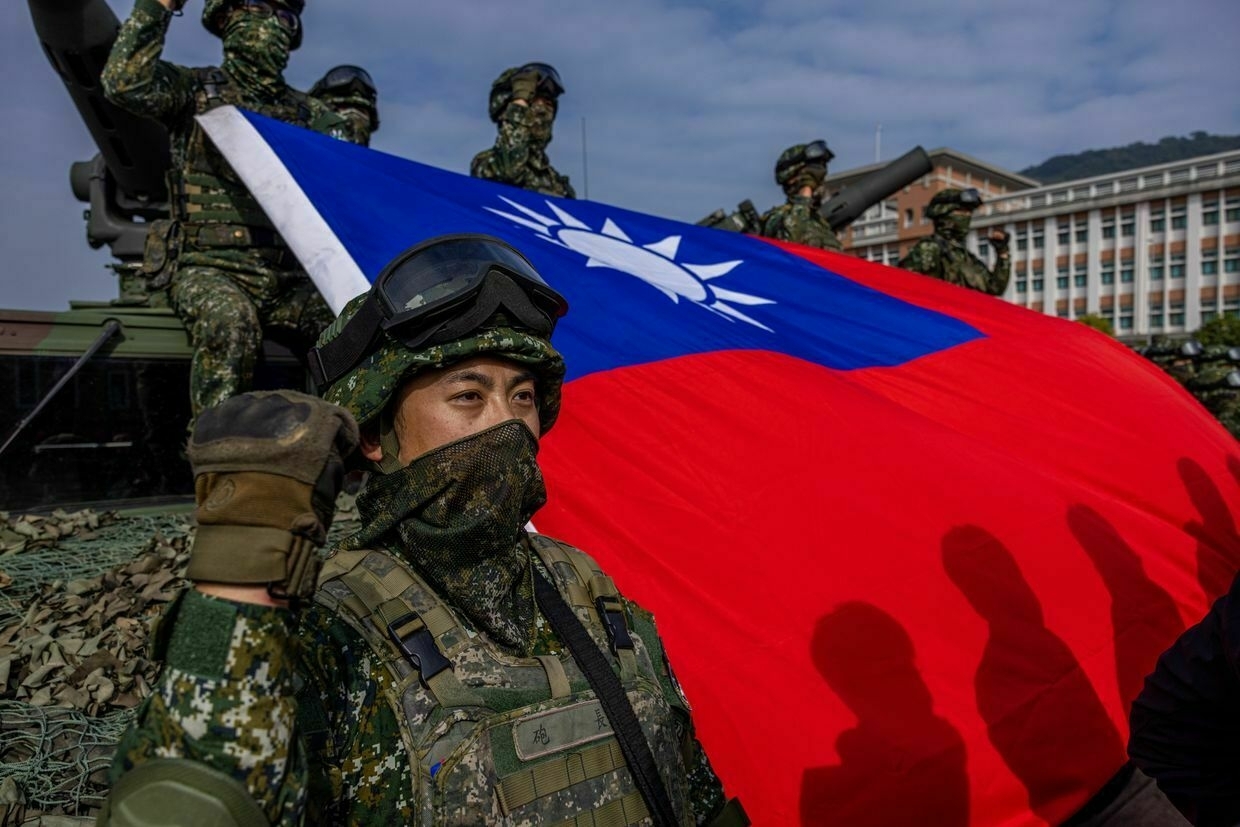
Taiwan intends to contribute up to $2 million for demining efforts in Ukraine, Lithuania’s Defense Ministry announced on May 12.
The commitment comes as Lithuanian defense officials met with Taiwan’s representative office in Vilnius.
“Lithuania, which is leading the international demining capability coalition for Ukraine, welcomes Taiwan’s interest in supporting this critical humanitarian initiative,” a statement from Lithuania’s Foreign Ministry read. “The removal of explosive hazards remains one of the most pressing challenges for Ukrainian civilian safety and economic recovery."
Ukraine remains the most mined country in the world. Nearly one-third of Ukraine’s territory, approximately 174,000 square kilometers, had been mined since Russia began its full-scale invasion of the country in February 2022.
Despite ongoing hostilities, Ukraine has reduced the area considered as potentially hazardous by over 35,000 square kilometers (13,500 square miles).
Over 400 civilians have been killed, and approximately 1,000 more have been injured by mines since the start of Russia’s full-scale invasion, according to U.N. monitors.
Multiple countries have been assisting Ukraine with demining efforts and providing training and equipment. On March 28, Sweden allocated 40 million Swedish kronor ($3.8 million) to support Ukraine’s demining efforts.
Ukraine’s Defense Ministry said on Feb. 26 that Ukraine expects to receive about $732 million in demining equipment by 2034 from Western allies.
Ukraine war latest: Trump says ‘both leaders’ will be at Russia-Ukraine peace talks in IstanbulKey developments on May 12: * Trump says ‘both leaders’ will be at Russia-Ukraine peace talks in Istanbul * Russia ignores May 12 ceasefire proposal, Ukraine tells allies at London meeting * ‘Clock is ticking’ — Germany gives Russia until midnight to implement ceasefire, threatens sanctions * EU to unveil new sanctions against Russia on May 14, source says * EU to send extra $1 billion from frozen Russian asset profits for Ukraine’s defense U.S. President Donald Trump expressed optimism t The Kyiv IndependentThe Kyiv Independent news desk
The Kyiv IndependentThe Kyiv Independent news desk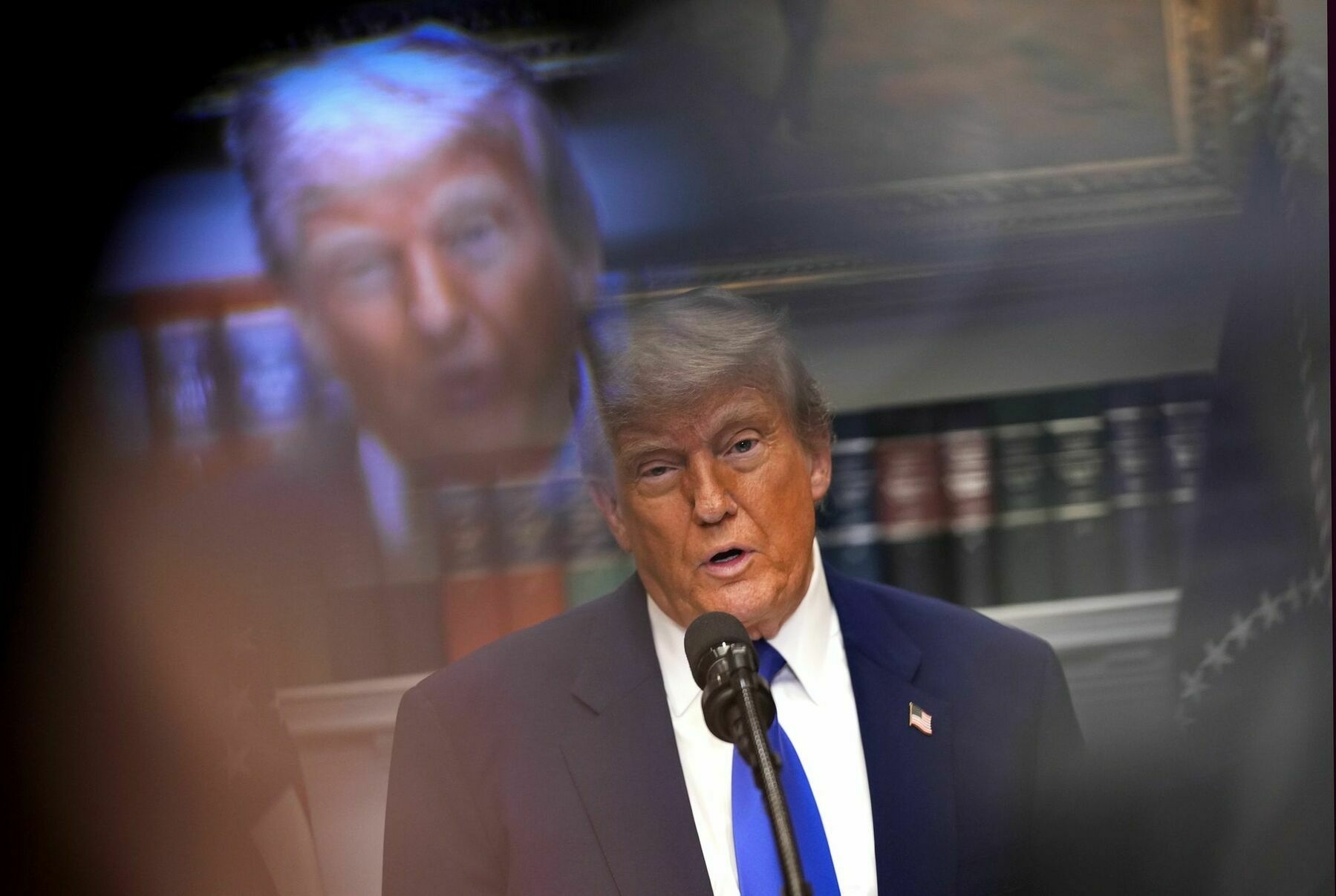
-
Russian, Turkish Foreign Ministers hold phone call as Moscow again rejects 30-day ceasefire
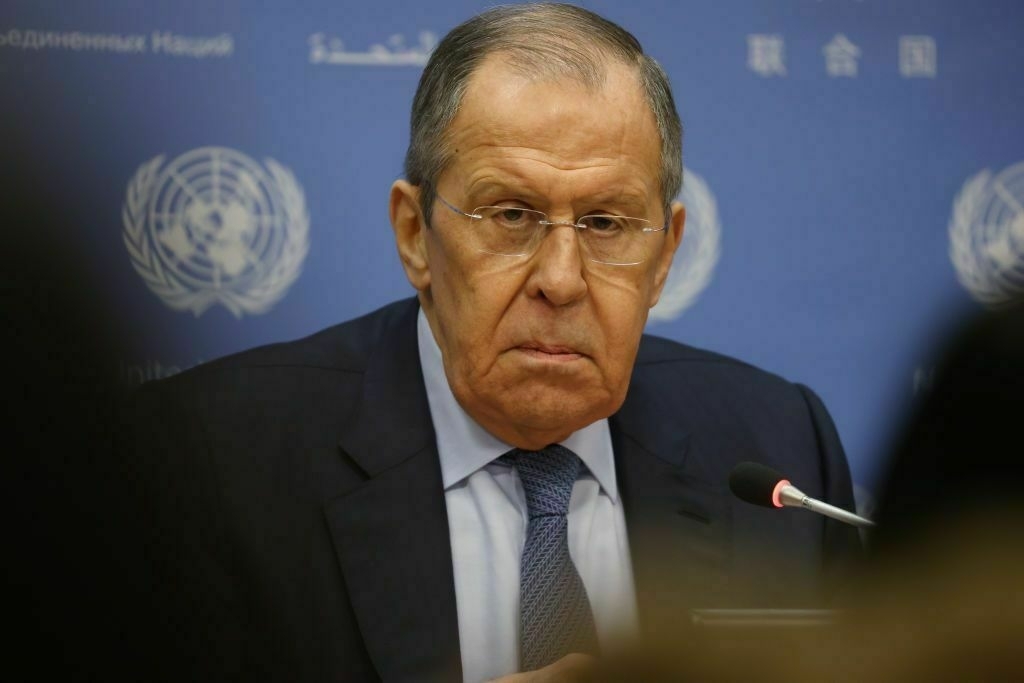
Russian Foreign Minister Sergey Lavrov held a phone call with Turkish Foreign Minister Hakan Fidan on May 12 to discuss a proposed meeting in Turkey between President Volodymyr Zelensky and Russian President Vladimir Putin, Russian state-media outlet TASS reported.
The phone call comes as Moscow once again rejected a 30-day ceasefire, with Russian Foreign Ministry Spokesperson Maria Zakharova claiming that a ceasefire would give “Kyiv a break to restore its military potential and continue its confrontation with Russia."
Russia, who unilaterally launched its full-scale invasion of Ukraine in February 2022, rejected U.S.-backed calls for a 30-day unconditional ceasefire. Putin instead invited Ukraine to engage in direct talks in Istanbul later this week.
Zelensky responded by accepting the invitation, saying he was ready to meet Putin in Turkey on May 15 — a decision that various experts told the Kyiv Independent may have caught Putin off-guard.
To coordinate the meeting, Zelensky also held a phone call with Turkish President Recep Tayyip Erdogan earlier in the day on May 12.
“We are ready for direct negotiations with Putin. And it is very important that all of us in Europe are working together for long-term security guarantees,” Zelensky said following the phone call.
No details were immediately released on the phone call between the Russian and Turkish Foreign Ministers.
Despite offering the meeting, Putin has yet to formally confirm his attendance on May 15.
“Moscow has remained silent all day regarding the proposal for a direct meeting. A very strange silence,” Zelensky said in his evening address on May 12.
Russia is facing mounting pressure from Western allies to agree to a ceasefire and begin top-level direct negotiations.
Following a meeting in Kyiv, the leaders of the U.K., Germany, France, and Poland threatened to implement additional sanctions if it did not agree to a ceasefire by May 12. Upping pressure on Putin, U.S. President Donald Trump said that he believed “both leaders are going to be there,” adding “I even thought about flying over — I’m not sure where I’ll be on Thursday."
Ukraine war latest: Trump says ‘both leaders’ will be at Russia-Ukraine peace talks in IstanbulKey developments on May 12: * Trump says ‘both leaders’ will be at Russia-Ukraine peace talks in Istanbul * Russia ignores May 12 ceasefire proposal, Ukraine tells allies at London meeting * ‘Clock is ticking’ — Germany gives Russia until midnight to implement ceasefire, threatens sanctions * EU to unveil new sanctions against Russia on May 14, source says * EU to send extra $1 billion from frozen Russian asset profits for Ukraine’s defense U.S. President Donald Trump expressed optimism t The Kyiv IndependentThe Kyiv Independent news desk
The Kyiv IndependentThe Kyiv Independent news desk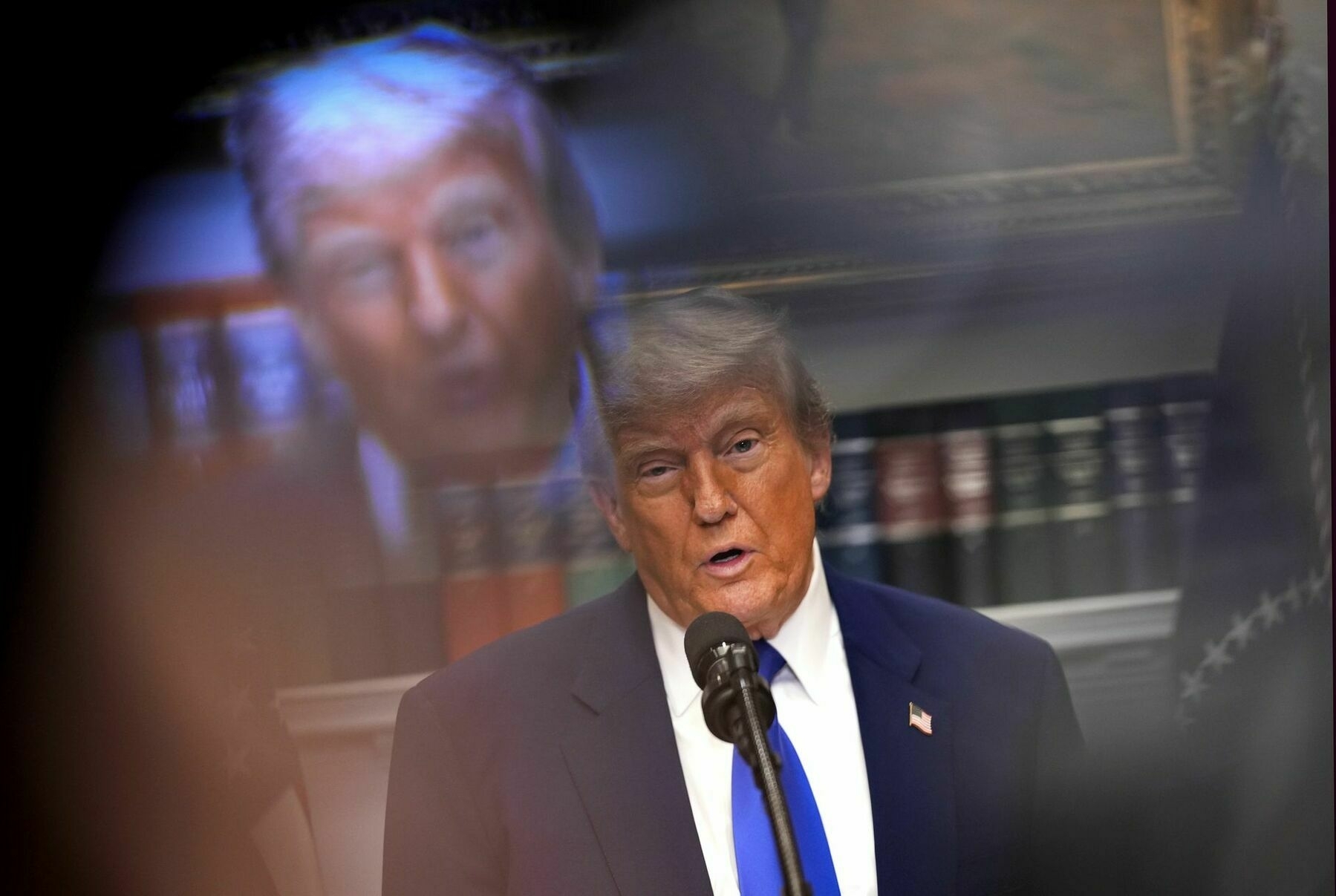
-
International Civil Aviation Organization rules Russia responsible for downing MH17
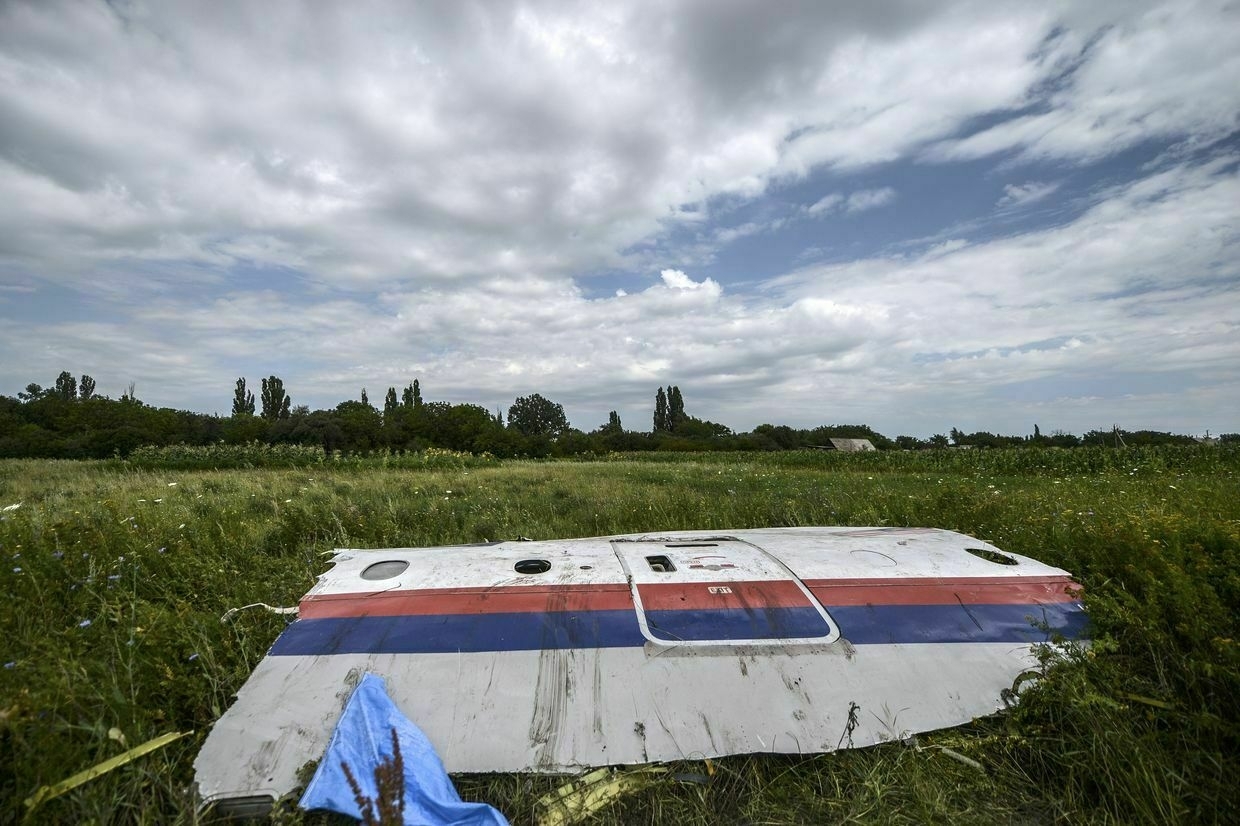
The Council of the International Civil Aviation Organization (ICAO) concluded on May 12 that Russia was responsible for downing flight MH17 in July 2014.
Flight MH17 departed from Amsterdam Schiphol Airport en-route to Kuala Lumpur International Airport on July 17, 2014. Three hours into the flight, the Boeing-777 was shot down by Russian proxy forces using a Buk surface-to-air missile above Ukraine’s Donetsk Oblast.
All 283 passengers and 15 crew members on board, among them 196 Dutch citizens, were killed.
Russia never claimed responsibility for the disaster, instead fanning conspiracy theories to shift the blame elsewhere.
A “large majority” of ICAO members ruled in favor of the Netherlands and Australia in a case brought forth before the international body in 2022, the Dutch Foreign Ministry said in a statement.
The ruling deemed Russia “responsible for the downing of Flight MH17” adding that Russia’s actions “violated the Convention on International Civil Aviation, known as the Chicago Convention,” the statement added.
“In the coming weeks the ICAO Council will consider what form of reparation is in order,” Dutch Foreign Minister Caspar Veldkamp said. “In that context the Netherlands and Australia are requesting that the ICAO Council order the Russian Federation to enter into negotiations with the Netherlands and Australia, and that the Council facilitate this process."
Relatives of the MH17 crash victims insist that Russia’s recognition of responsibility for the downing of the plane should be part of a possible peace deal on ending Moscow’s all-out war against Ukraine, European Pravda reported on Feb. 26, citing obtained copies of letters.
Ukraine’s Ambassador to Canada Yulia Kovaliv, who also serves as Kyiv’s ICAO representative, told European Pravda that the decision marks “another important step in holding (Russia) accountable."
“Civil aviation is a painful topic for the Russians, and we will continue working to ensure that violators of the Chicago Convention, such as Russia and Iran, are held accountable,” Kovaliv added.
The District Court of The Hague in November 2022 sentenced in absentia two Russian nationals and one Ukrainian national to life imprisonment for their involvement in the downing of flight MH17. A fourth defendant, also a Russian national, was acquitted on the grounds of insufficient evidence connecting him to the crime.
In another incident on Dec. 25, a Russian Pantsir air defense missile likely caused an Azerbaijan Airlines plane crash over Russian airspace, killing 38 of the 67 people on board.
Baku has previously accused Russia of accidentally shooting down the plane and demanded an admission of guilt and reparations.
The downing of MH17, and Russia’s responsibilityAt best, Russia denied responsibility for the crime — at worst, it spread disinformation blaming Ukraine for the downing. The Kyiv IndependentElsa Court
The Kyiv IndependentElsa Court
-
Didn't Zelensky impose a ban on talks with Putin? Not really
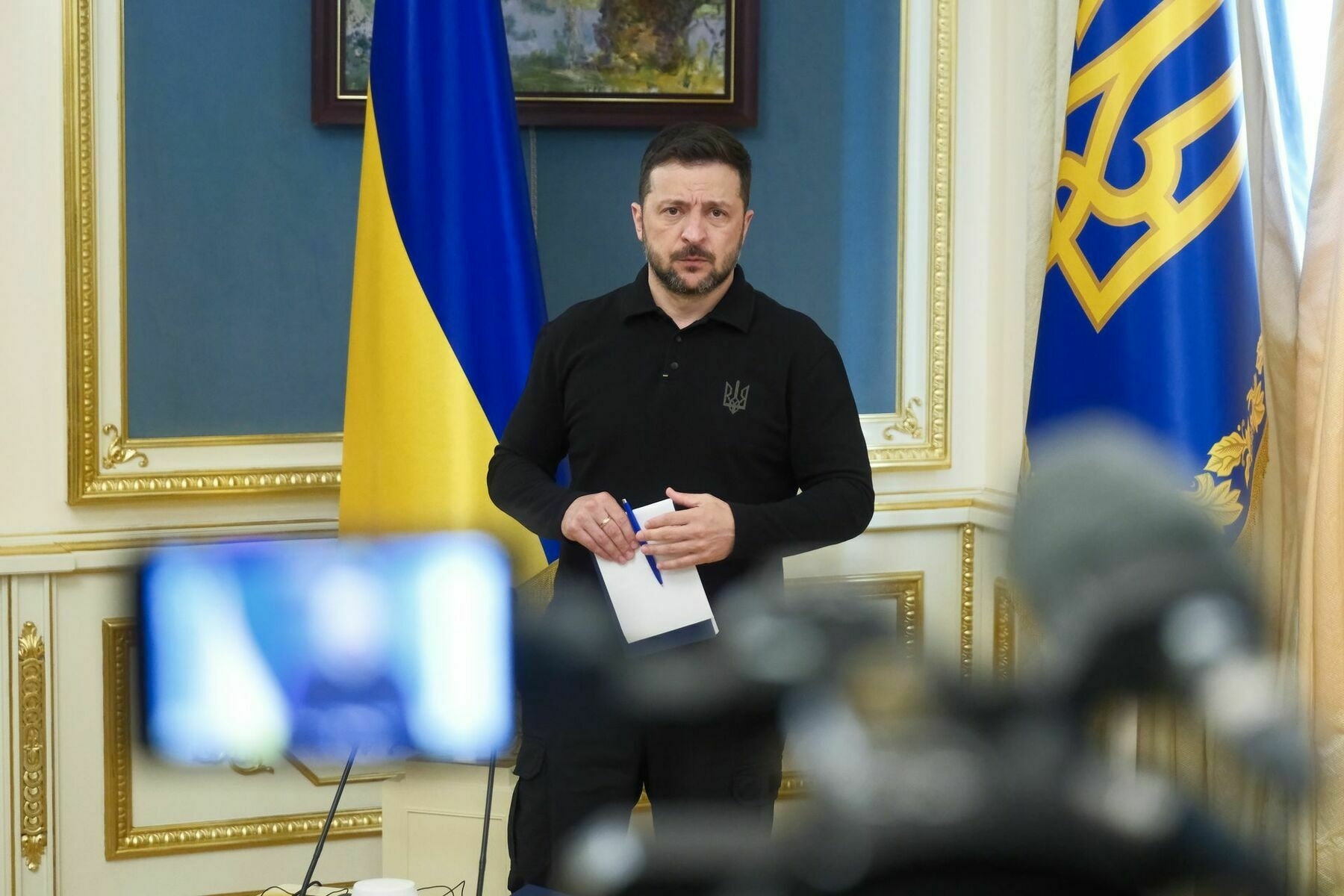
President Volodymyr Zelensky’s willingness to hold direct talks with Russian President Vladimir Putin this week in Istanbul sparked a question over whether such a move contradicts his earlier decree.
In the fall of 2022, Zelensky signed a decree that “stated the impossibility of holding negotiations with Russian President Putin,” as a response to Russia’s illegal annexation of Donetsk, Luhansk, Zaporizhzhia, and Kherson oblasts, parts of which Moscow didn’t even control.
“He (Putin) does not know what dignity and honesty are. We are ready for a dialogue with Russia, but with a different president of Russia,” Zelensky said at the time.
Moscow has cited Zelensky’s decree as a ban on talks with Putin and used it as an excuse for avoiding direct talks with Kyiv. Putin has also falsely claimed that Zelensky lacks legitimacy and can’t represent Ukraine.
Putin said that such talks would be considered “illegitimate” and therefore “their outcomes could also be declared illegitimate.” Now, Putin himself said that he’s open to direct talks with Ukraine.
According to a source in Ukraine’s president’s office, the decree was a “signal to those in Ukraine who wanted to speak (to Russians) bypassing the central government."
“Back then we stated the impossibility, now we can state the possibility, the president as the head of state determines this,” the source added.
“There is no ban as such, the Russians twisted it."
‘Like a game of tennis’ — Russia, Ukraine court Trump to avoid being blamed for peace talks failureIn the middle of the night, Russian President Vladimir Putin gathered Russian state TV to inform them that he is ready to begin direct peace talks with Ukraine on May 15. A day later, President Volodymyr Zelensky said he’ll be waiting for Putin in Turkey. “We expect Russia to confirm a full, durable, and reliable ceasefire starting May 12, and Ukraine is ready to meet,” Zelensky said. The statements by Moscow and Kyiv caught the attention of the main viewer — U.S. President Donald Trump. “I The Kyiv IndependentAsami Terajima
The Kyiv IndependentAsami Terajima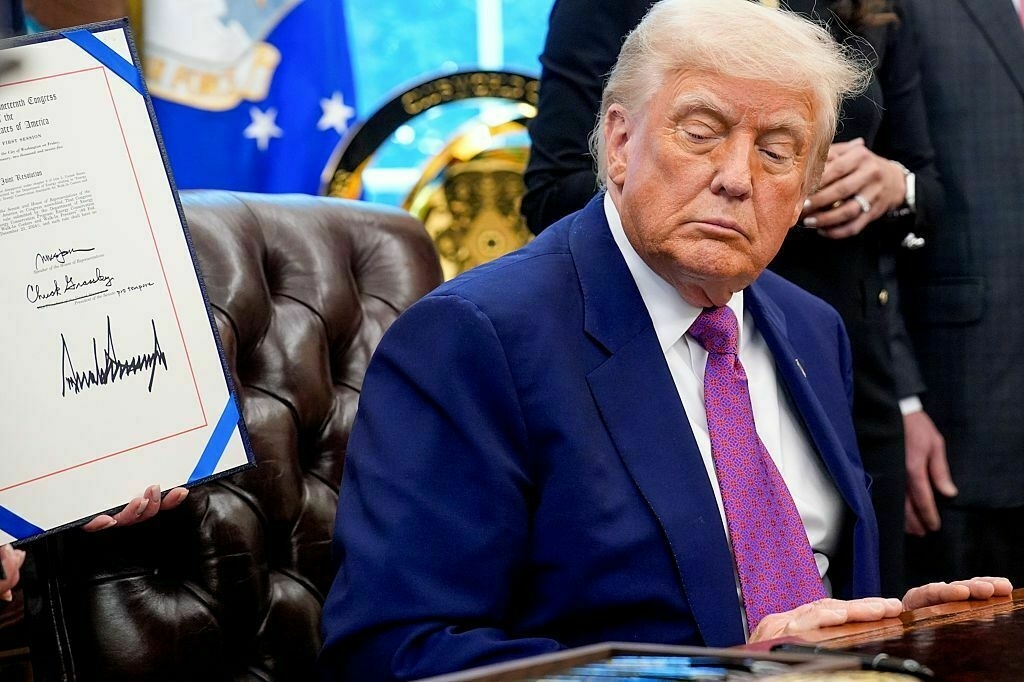
What is the decree about?The decree concerning negotiations with Putin was a response to the five decisions approved by the National Security and Defense Council adopted on Sept. 30, 2022. Days later, the document was signed by Zelensky.
Although the decree does not explicitly mention a ban on holding talks, many have seen it as a de facto ban on direct talks with Putin.
“The constitution clearly says that he (the president) negotiates. That is, he decides with whom to negotiate, when to negotiate, and in what format.”
Ukrainian lawmaker and chair of the parliament's foreign affairs committee, Oleksandr Merezhko, told the Kyiv Independent that the problem lies in the interpretation of the decree.
"This has given rise to false interpretations. The fact that the president allegedly forbade himself from communicating with Putin. No, that's illogical," he said.
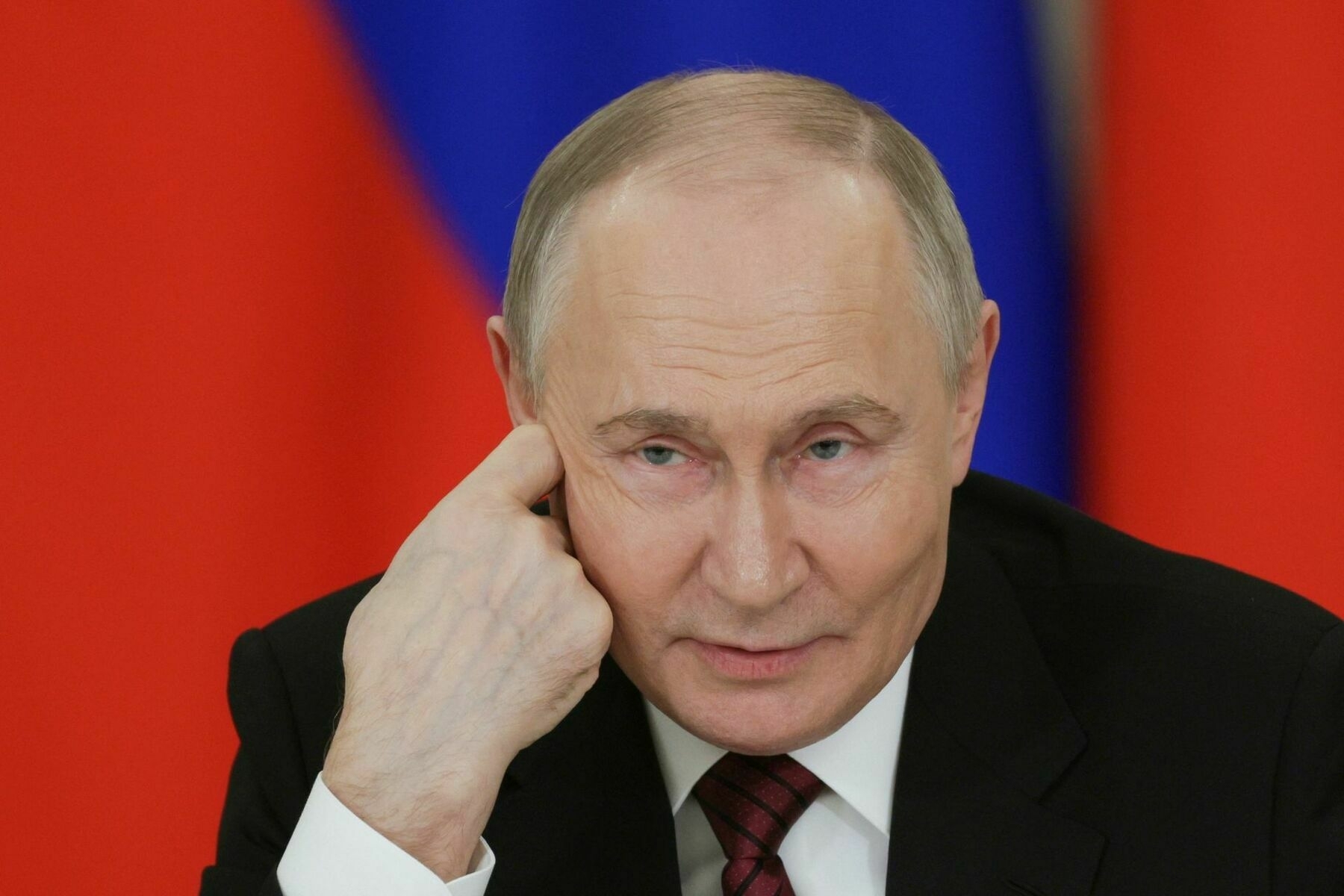
Russian President Vladimir Putin in Moscow, Russia, on May 11, 2025. (Gavriil Grigorov / Pool / AFP via Getty Images) According to Ukraine's constitution, the president represents the state in international relations, manages foreign policy, and negotiates and concludes international treaties on behalf of Ukraine.
"The constitution is always above a presidential decree," Merezhko said. "The constitution clearly says that he (the president) negotiates. That is, he decides with whom to negotiate, when to negotiate, and in what format," he added.
"The decree was aimed at preventing attempts and prohibiting others from conducting any negotiations with Putin."
Tetiana Shevchuk, a lawyer with the Anti-Corruption Action Center in Kyiv, said that Ukrainian law does not require such a decree.
Why did Zelensky sign the decree?Zelensky himself has committed extensively on his 2022 decree.
In January, Zelensky said that such a move was made to prevent any unauthorized talks with Russia that might involve Ukrainian politicians.
According to the president, Putin rapidly began establishing "a large number of different channels" aimed at influencing Ukraine, together with "separatists" and "representatives of other countries."
"There were many negotiation processes, many shadow dealings. I stopped it quickly. I just stopped separatism in our country," Zelensky added.
At the beginning of the full-scale war, Russia also sought to pressure Ukrainian lawmakers, European officials, and the U.S., he said.
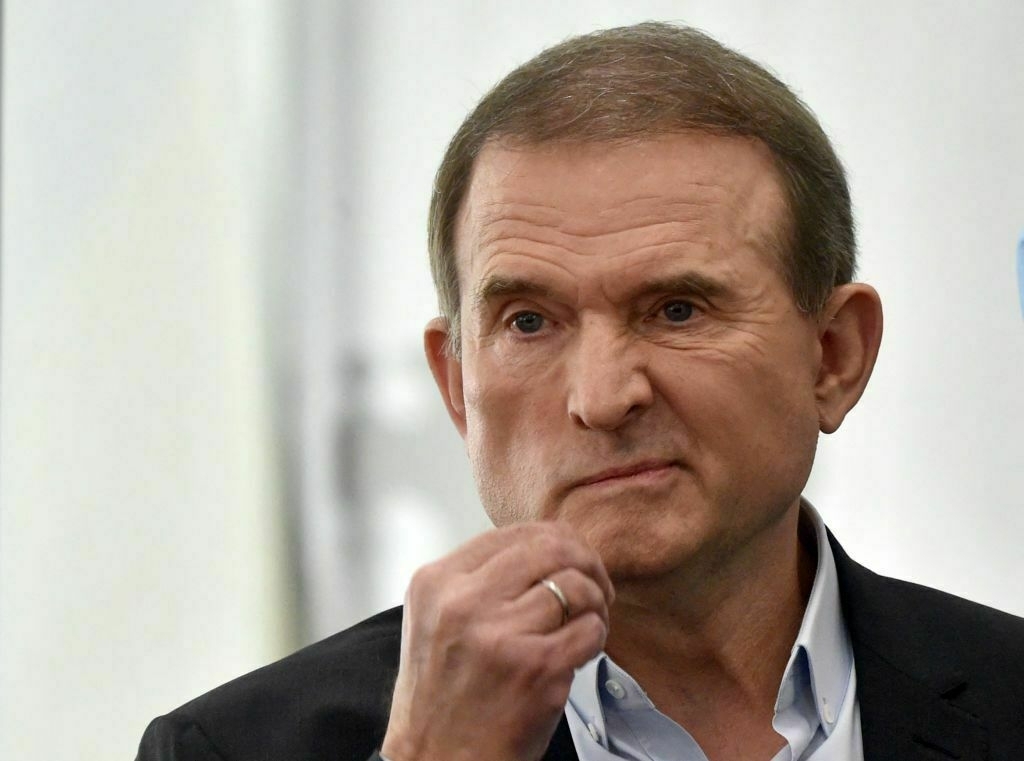
Former Ukrainian lawmaker Viktor Medvedchuk, who later left for Russia as part of a prisoner swap, is seen in Kyiv’s Appeal Court during a hearing on May 21, 2021. (Sergei Supinsky/AFP via Getty Images) Without specifying names, the president said that those involved in the behind-the-scenes efforts were later arrested and exchanged for Ukrainian prisoners of war (POWs). Presumably, Zelensky referred to Viktor Medvedchuk, the pro-Kremlin politician who was arrested and sent to Russia amid a prisoner swap in September 2022.
People who spoke to the Kyiv Independent said there are no legal barriers and that Zelensky doesn't have to revoke the decree or make amendments to it.
"This ban applies to others. Therefore, I see no need to cancel this decree," Merezhko said.
Asked whether there should be a new decree lifting the ban on talks with Putin, the source close to the president replied that there's no need for this.
‘Not what Putin was expecting’ — What we know (and don’t know) about Ukraine, Russia peace talks in IstanbulRussian President Vladimir Putin may have gotten more than he bargained for when, on May 11, he rejected calls for a 30-day unconditional ceasefire and invited Ukraine to engage in direct talks in Istanbul later this week. In what may have been a surprise for the Russian leader, Ukrainian President Volodymyr Zelensky responded by accepting the invitation, saying he was ready to meet Putin in Turkey on May 15. “This is not what Putin was expecting,” Oleksandr Merezhko, a Ukrainian lawmaker and The Kyiv IndependentChris York,
The Kyiv IndependentChris York,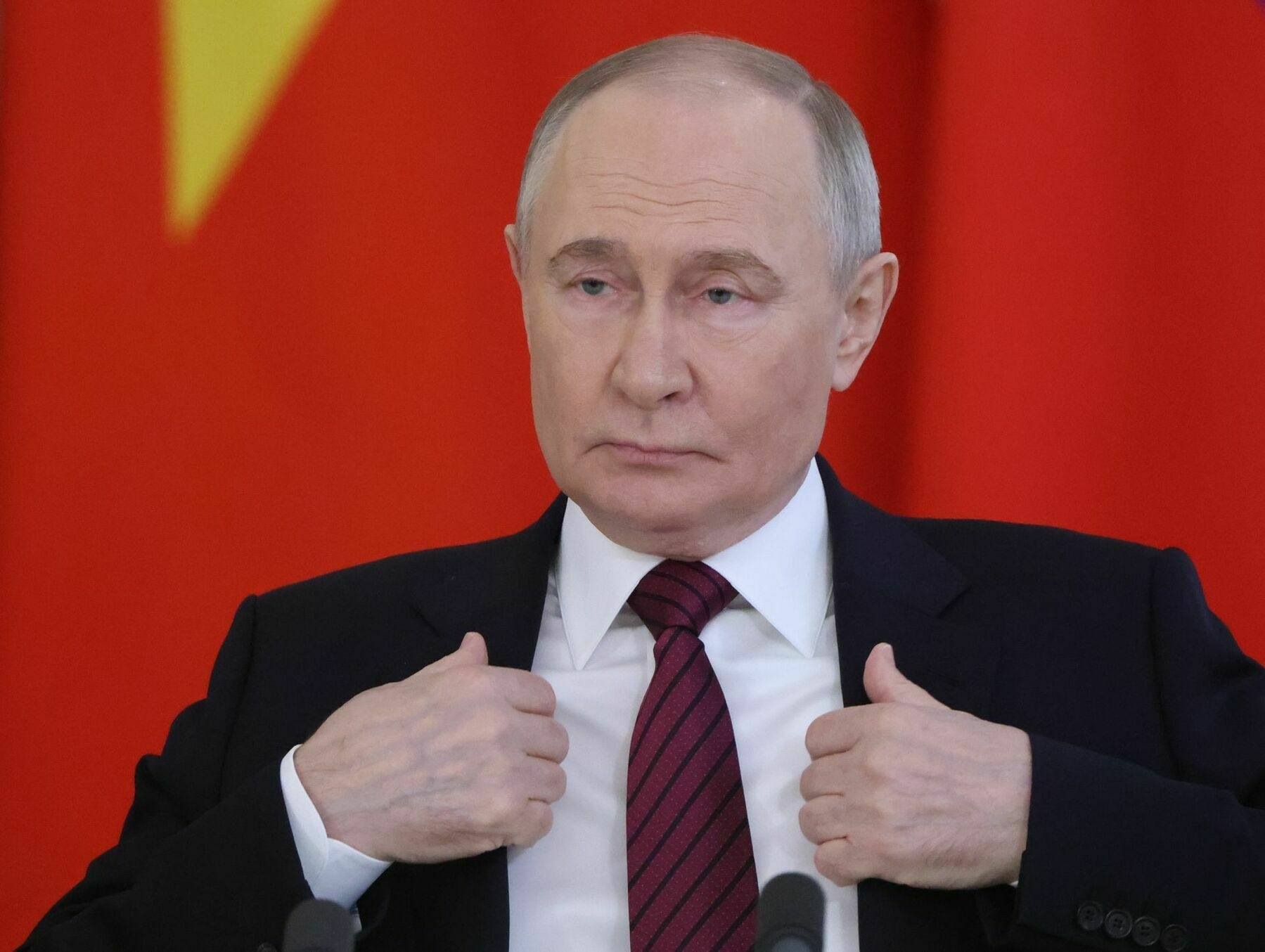
Tracking information about the Russian War against Ukraine
